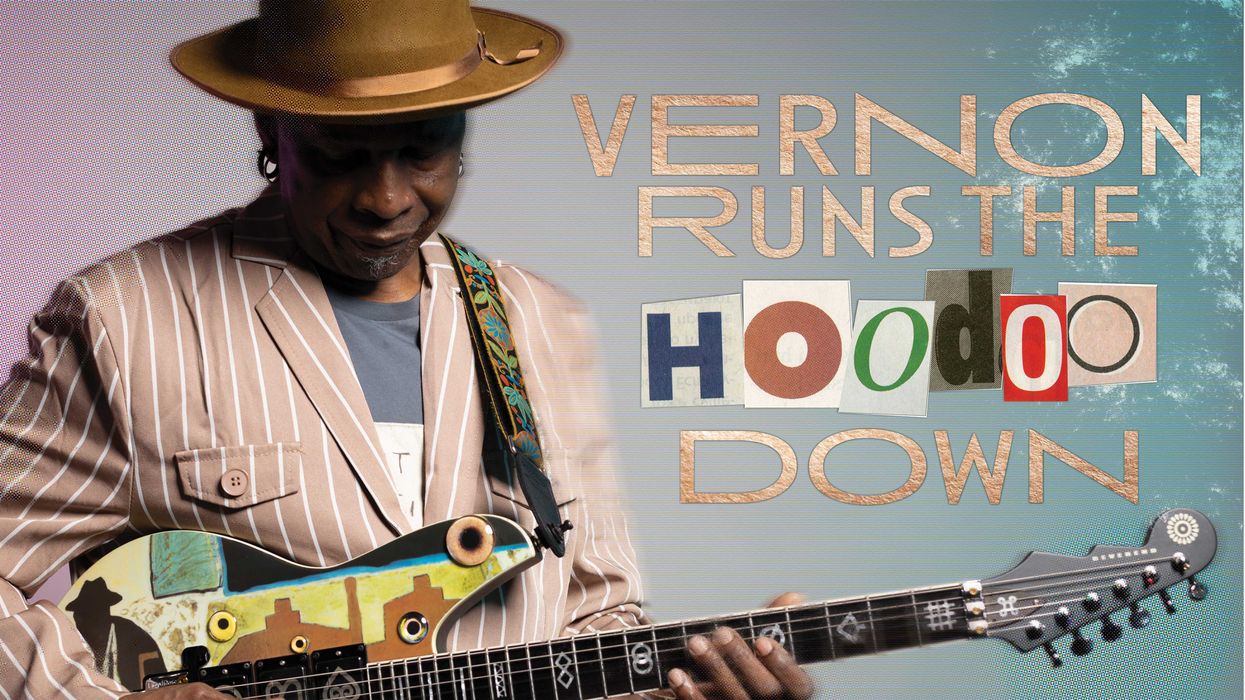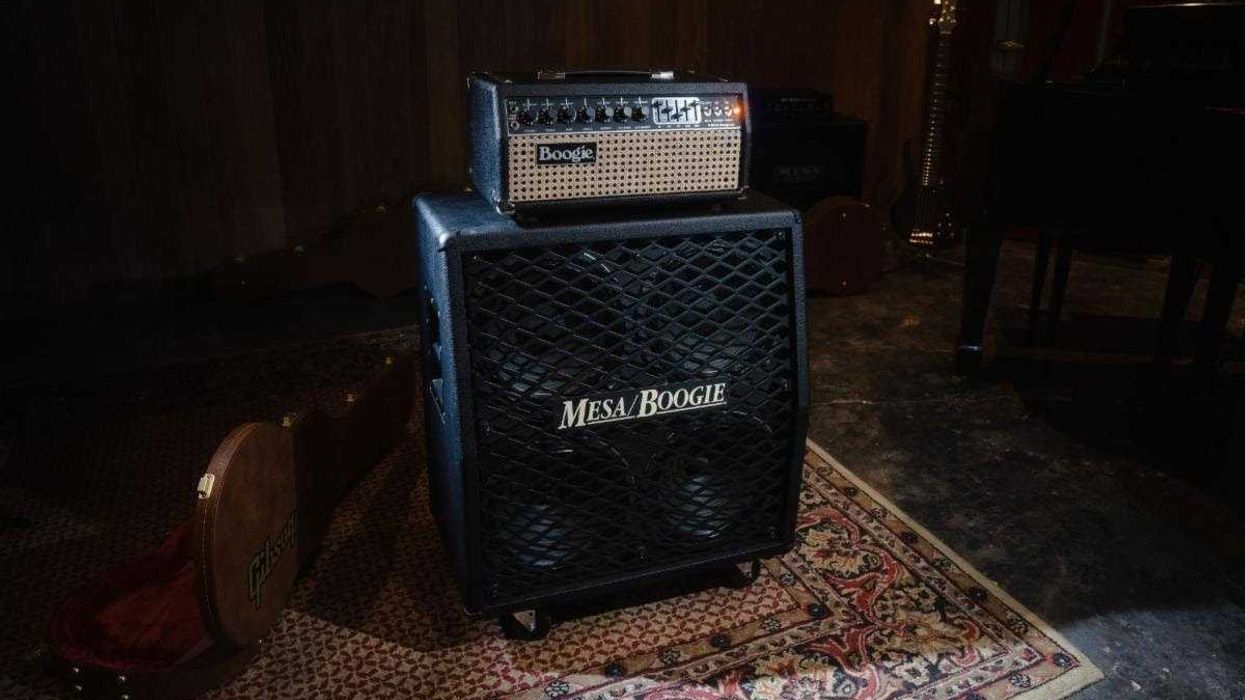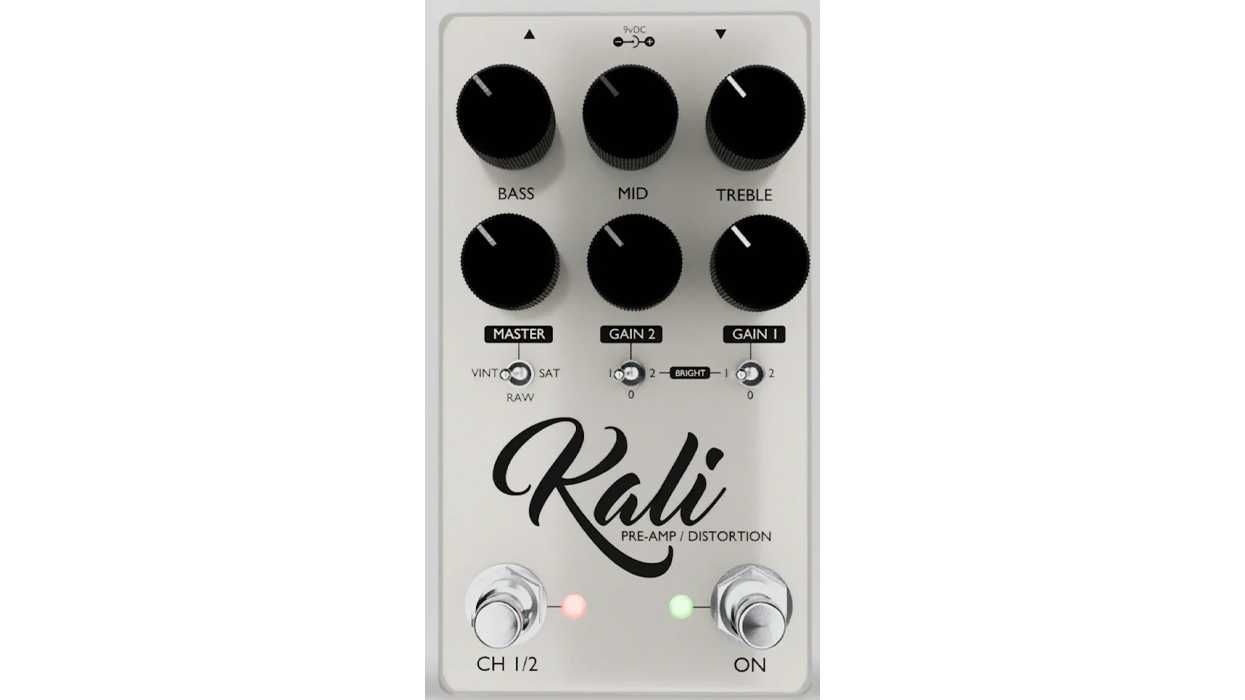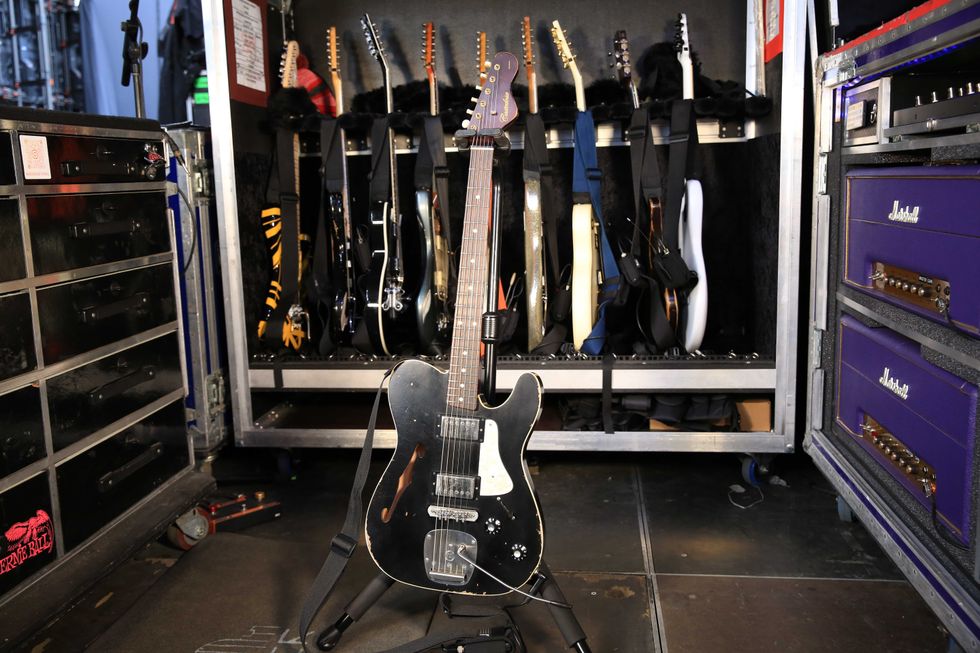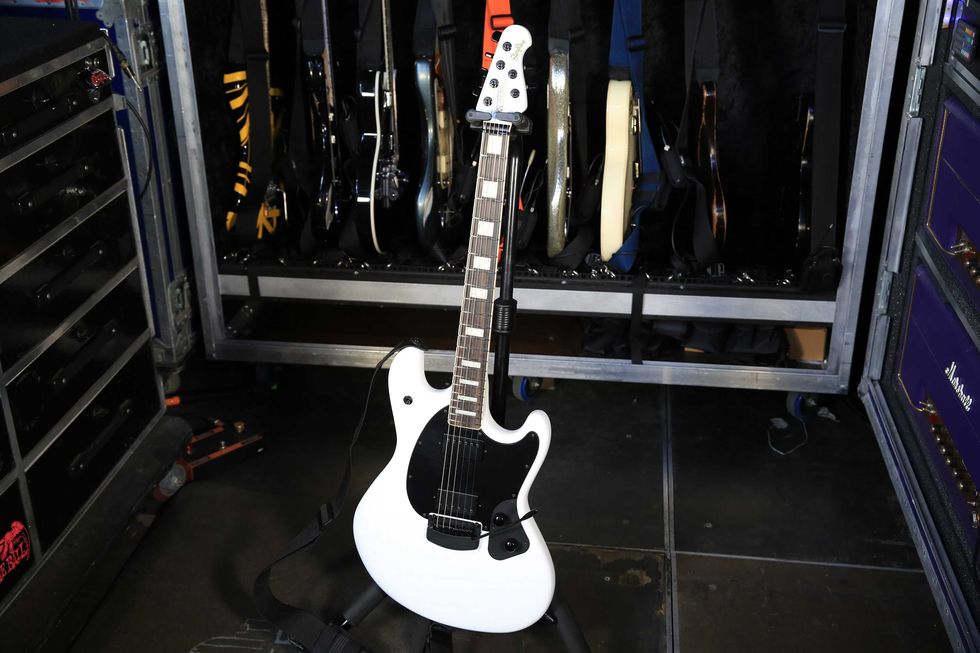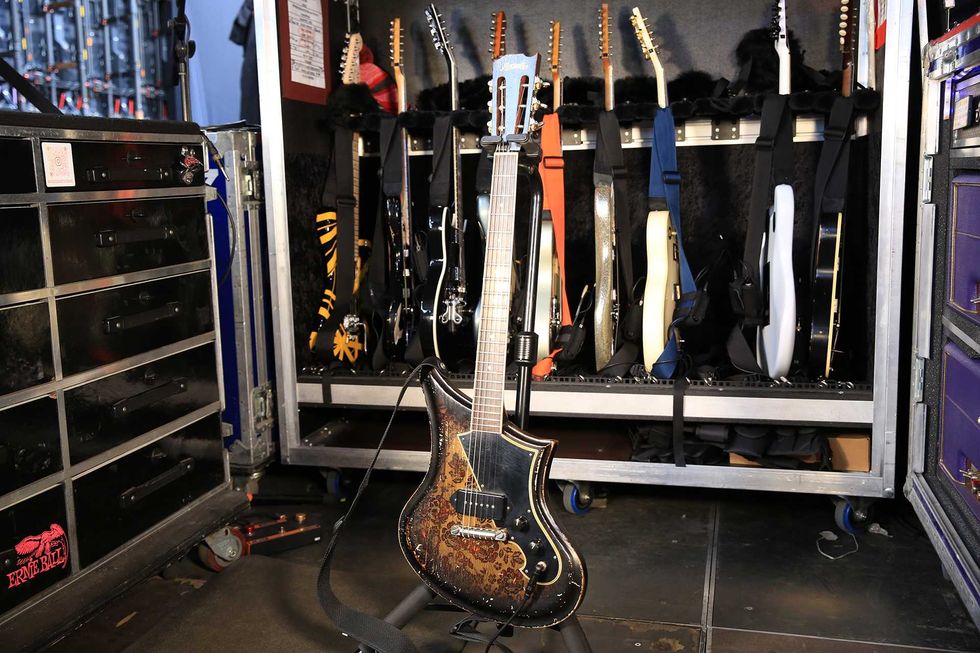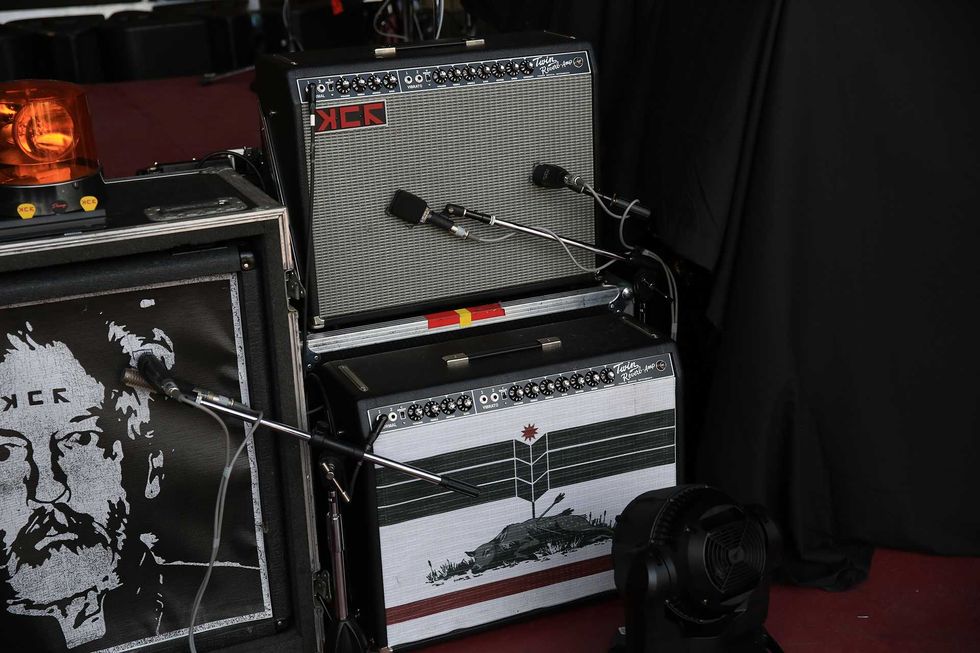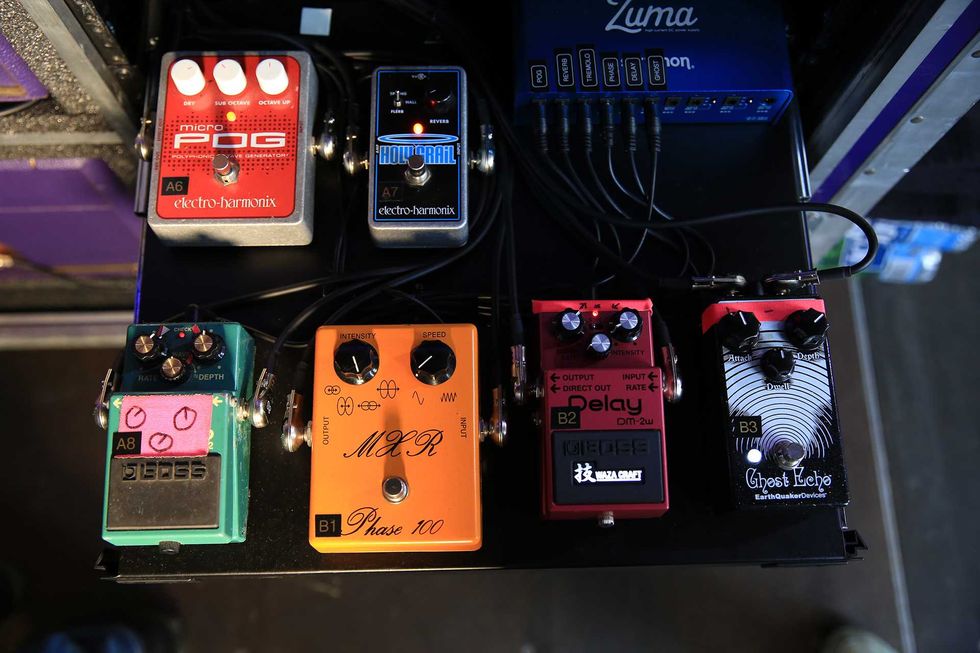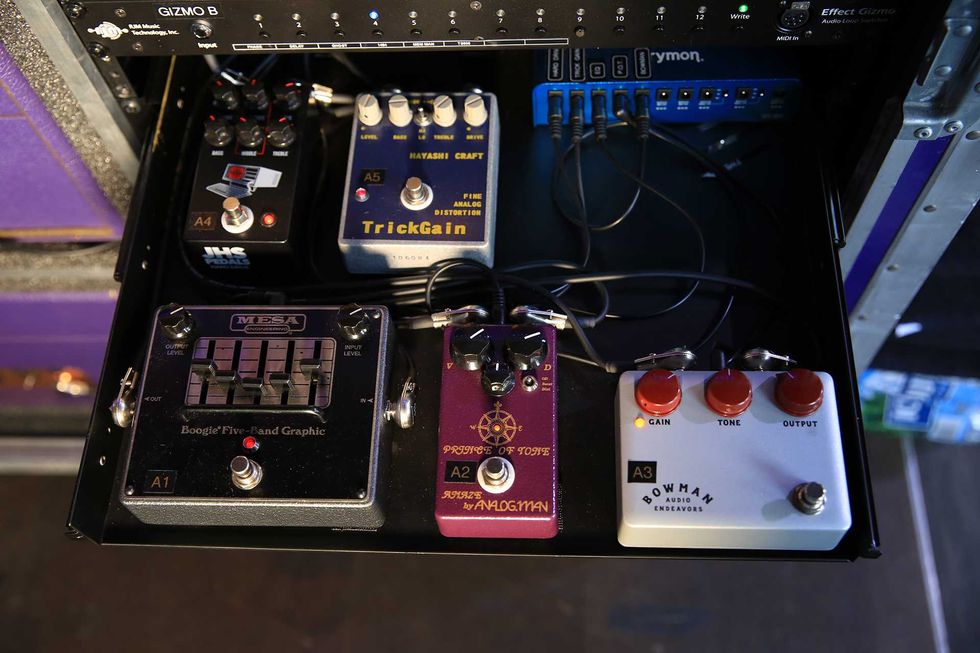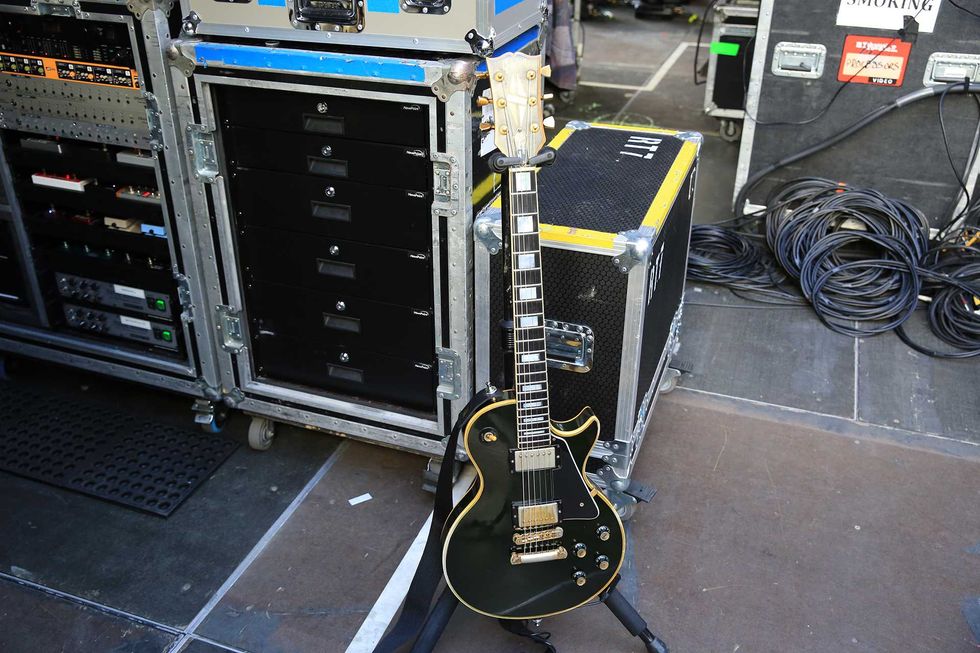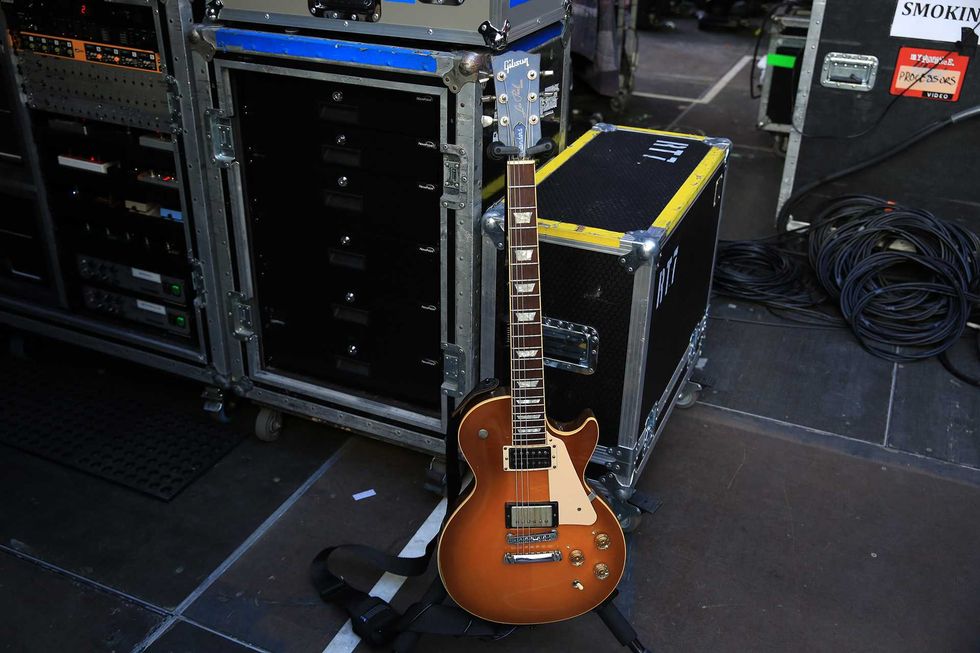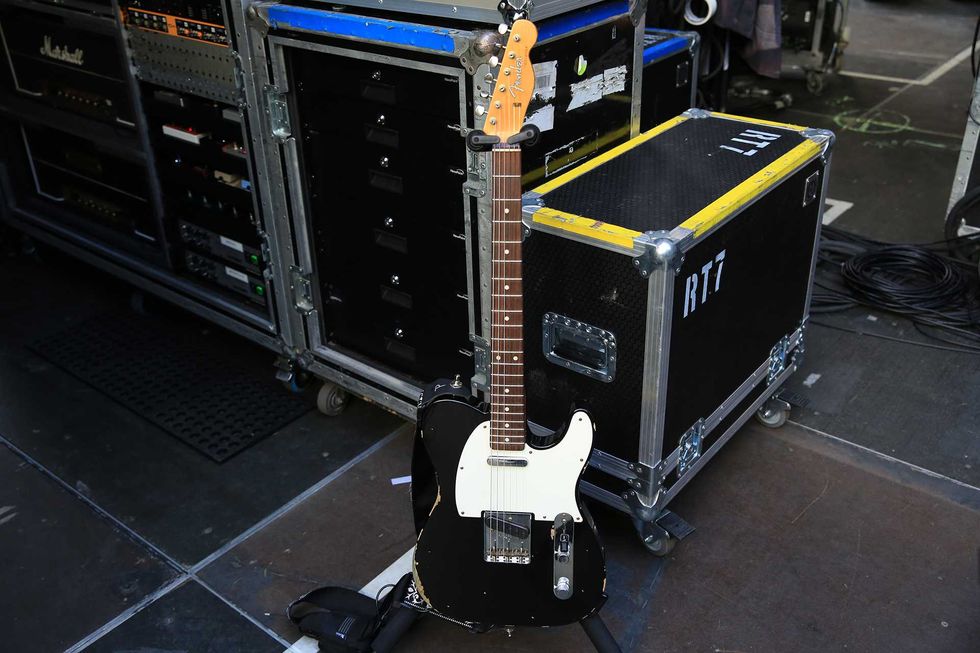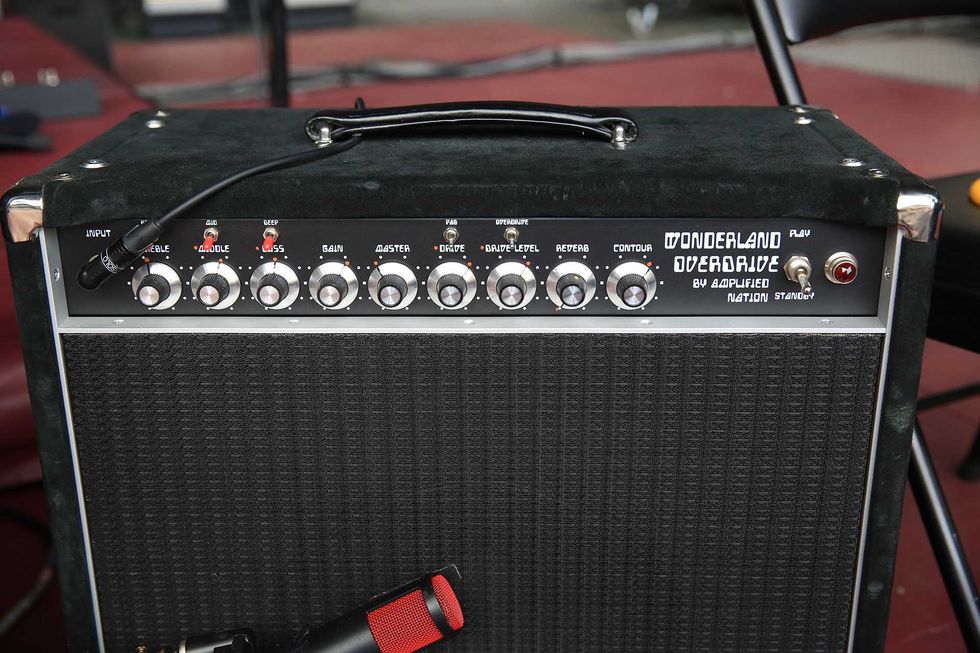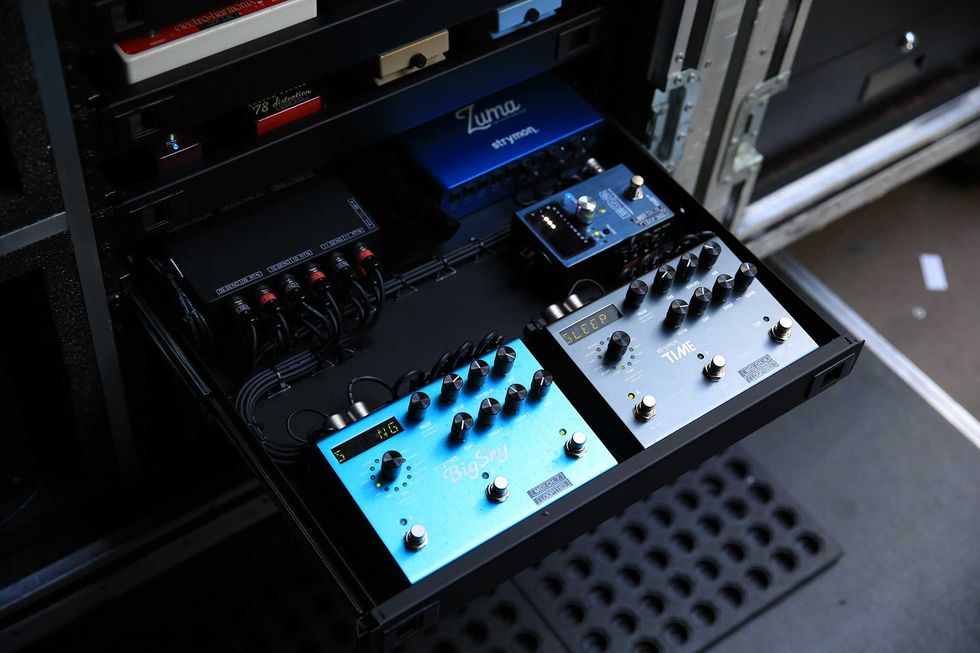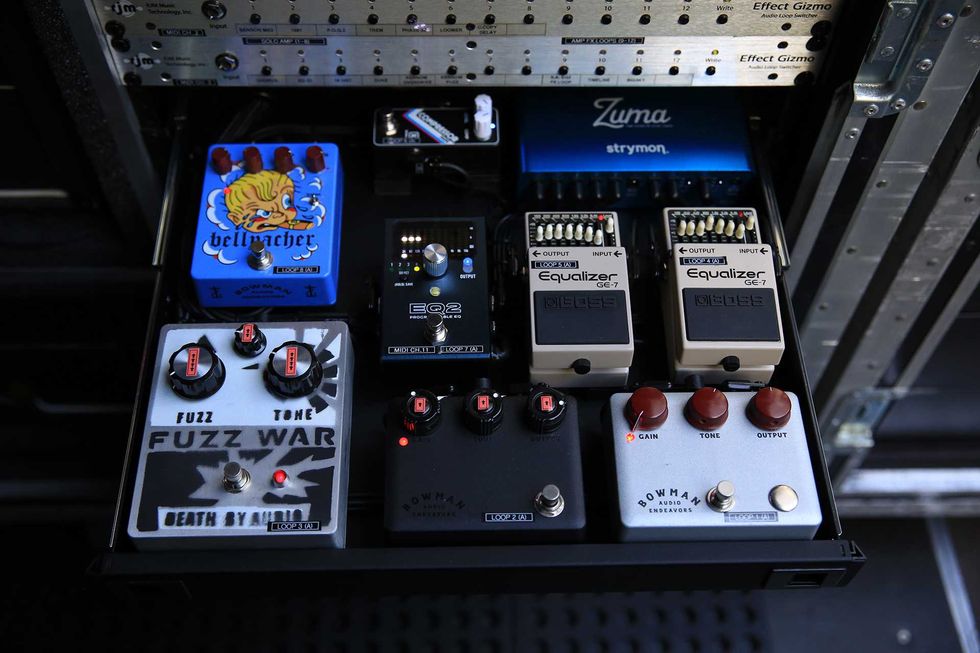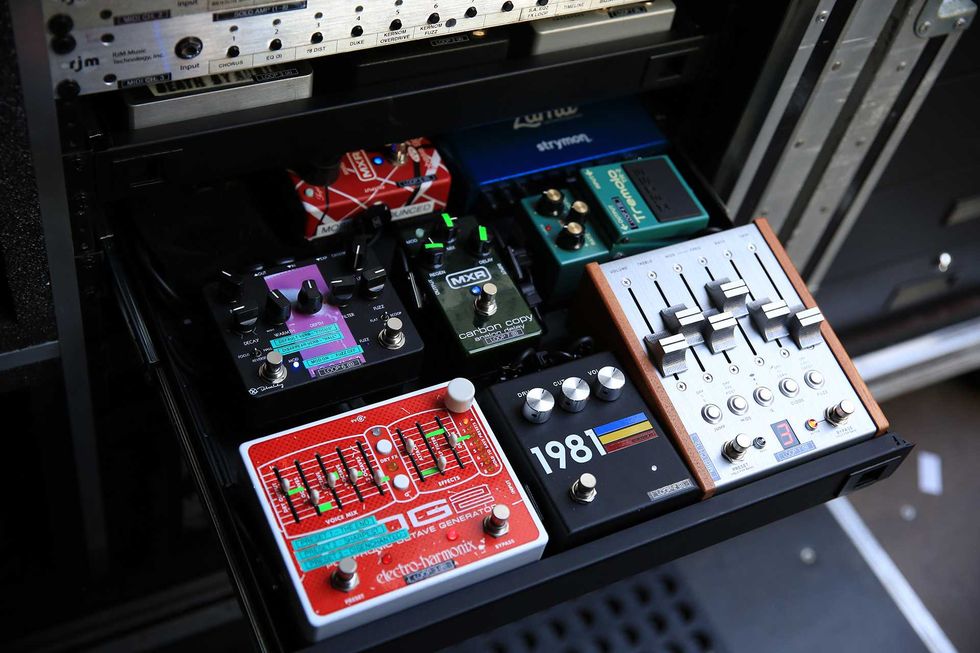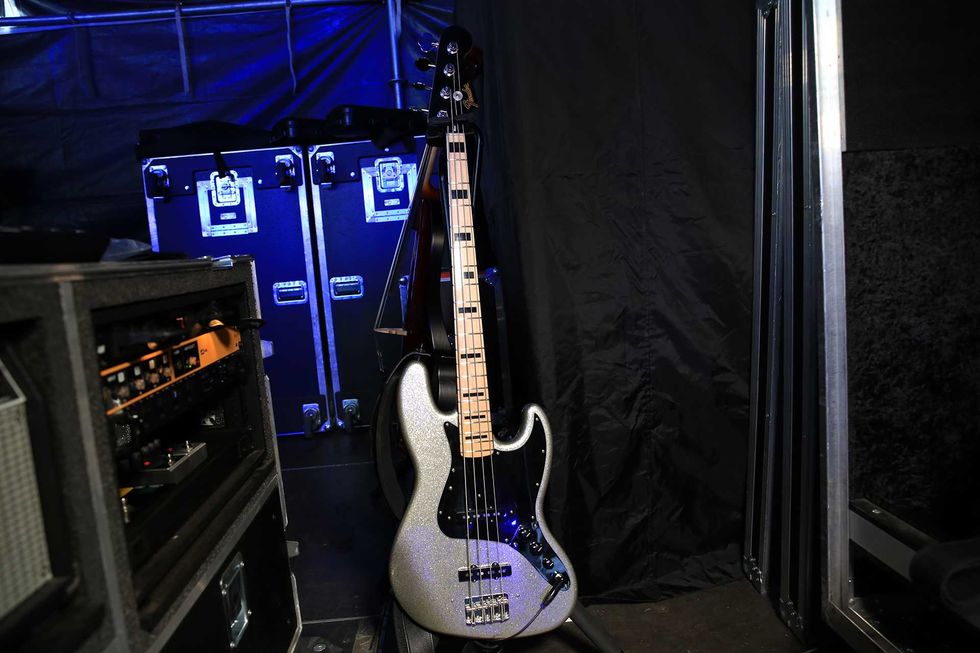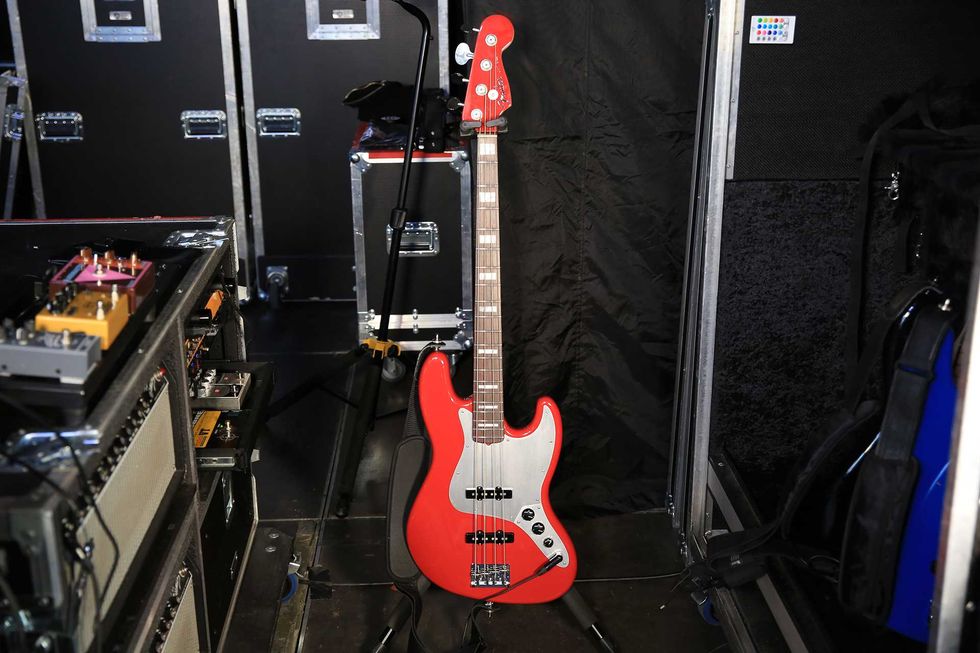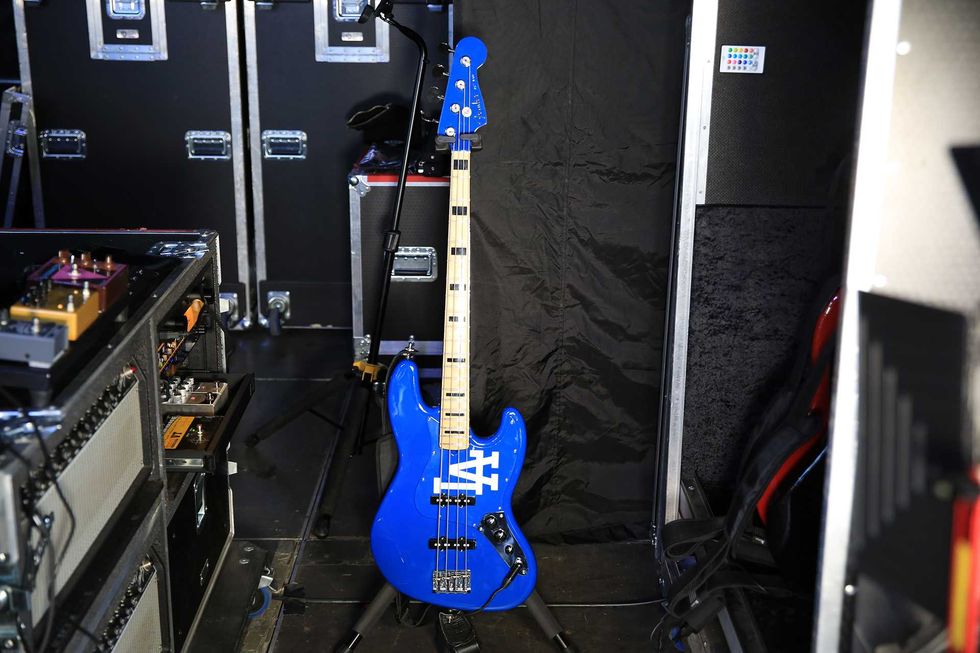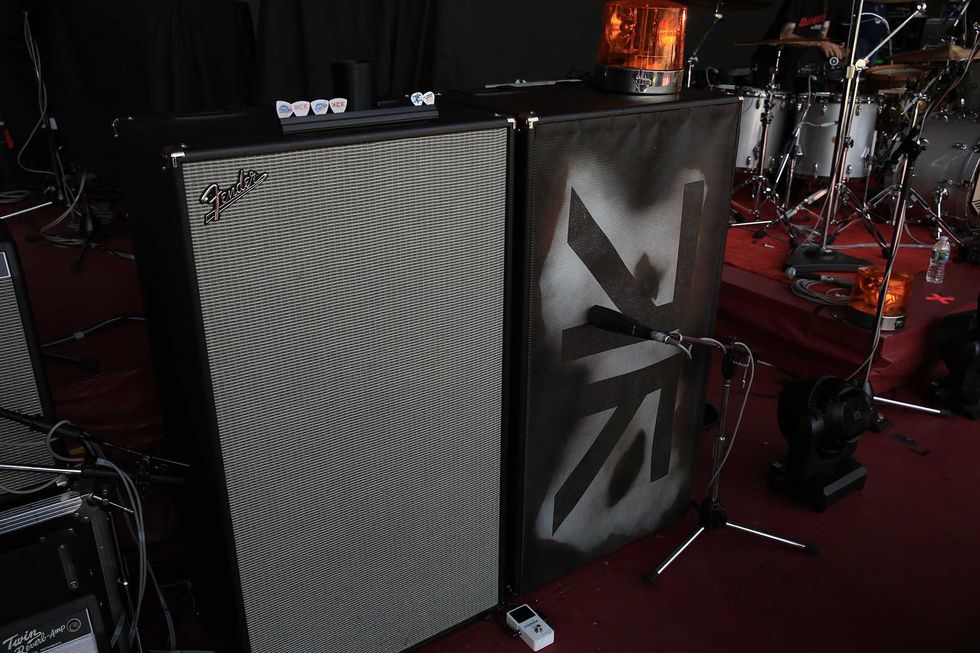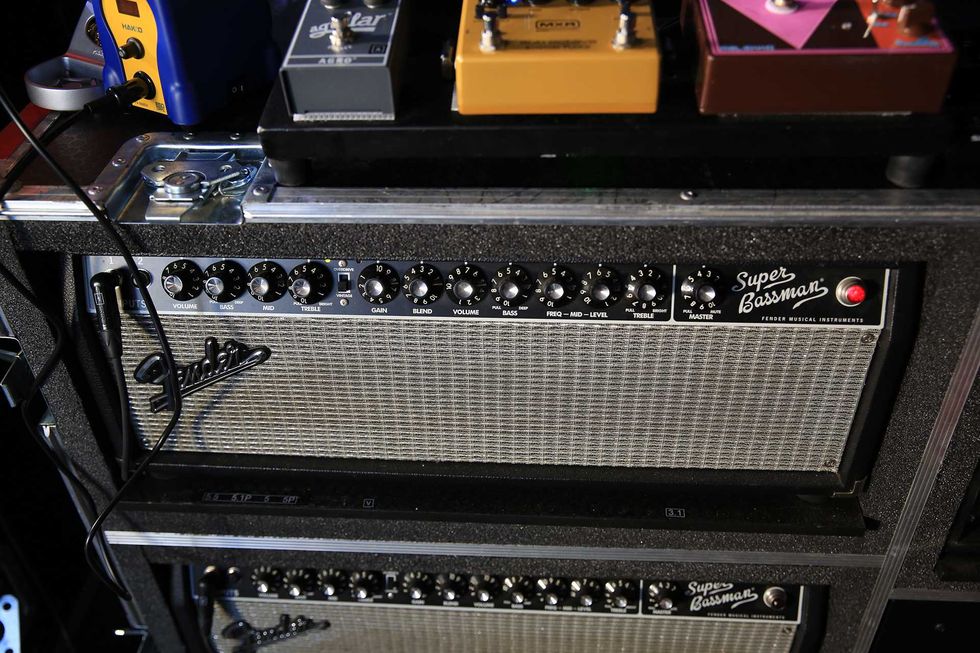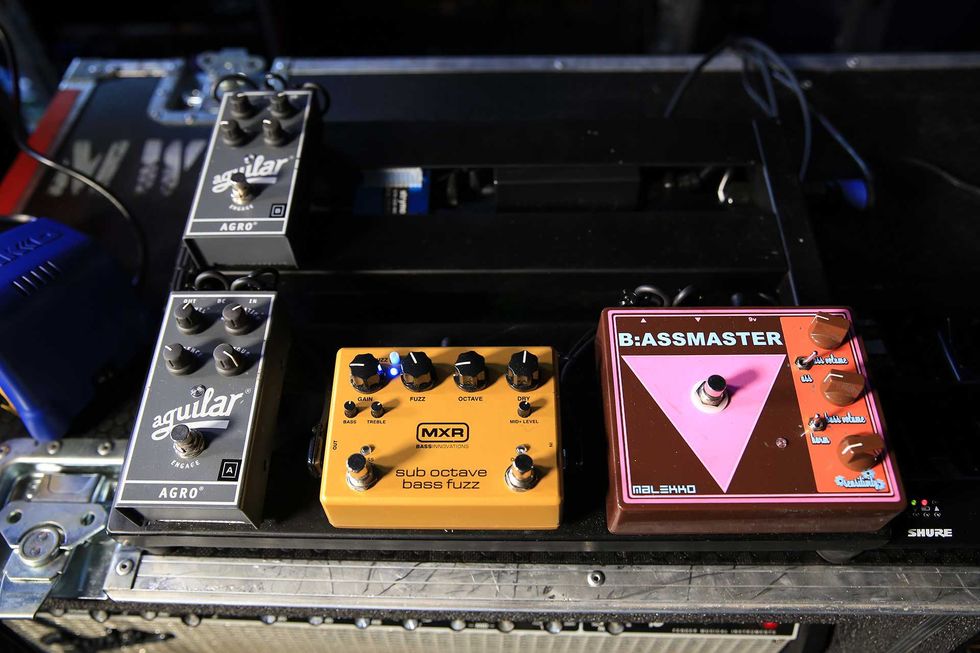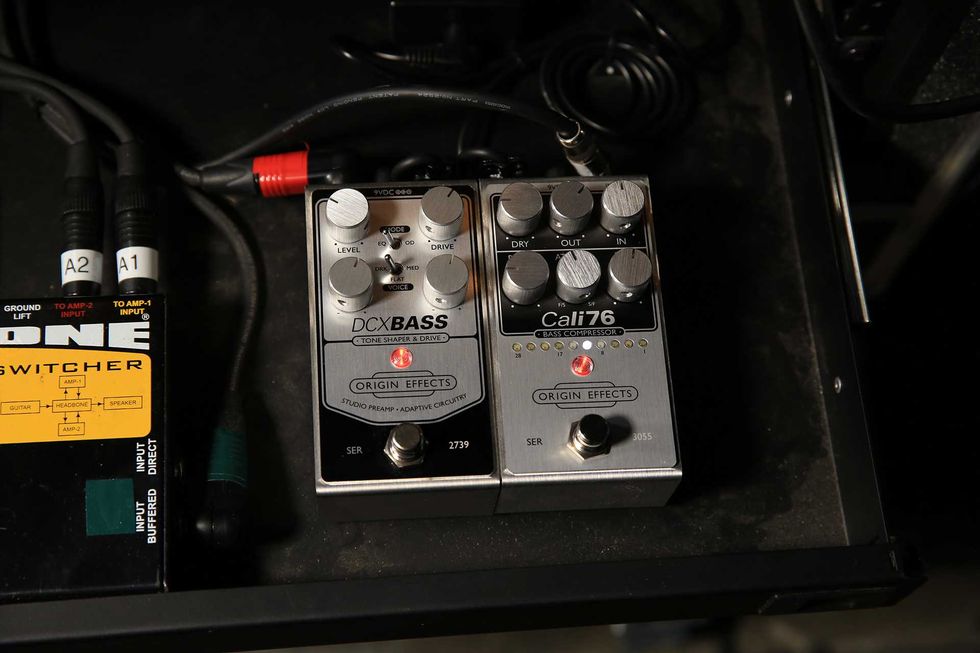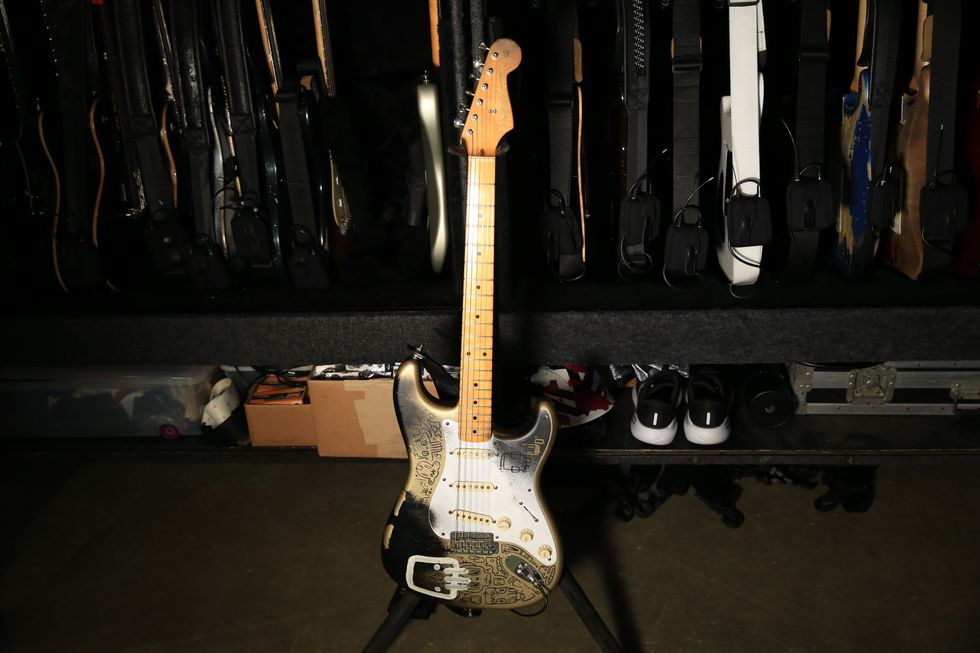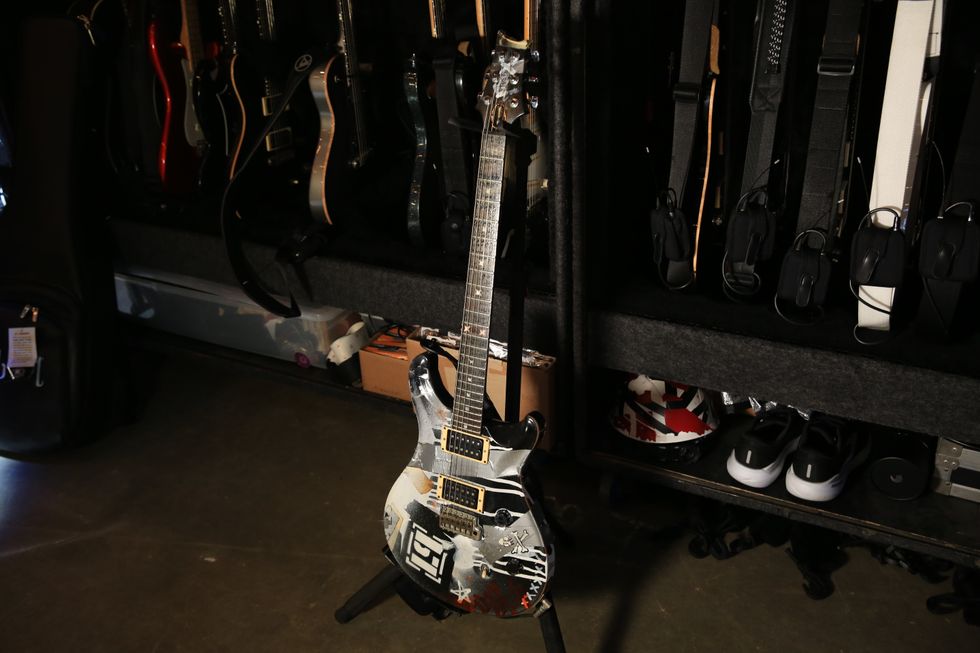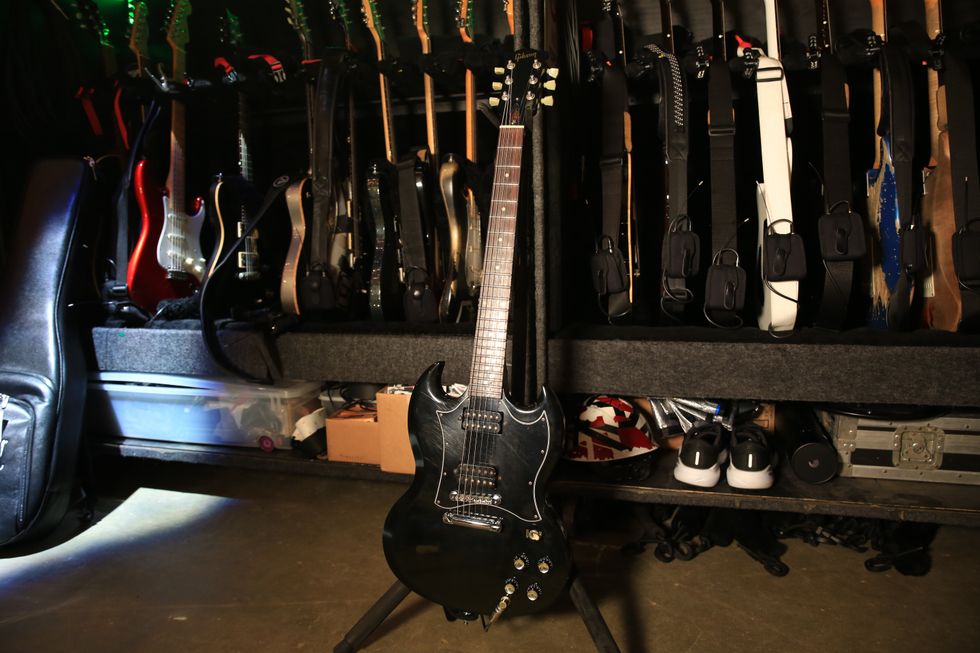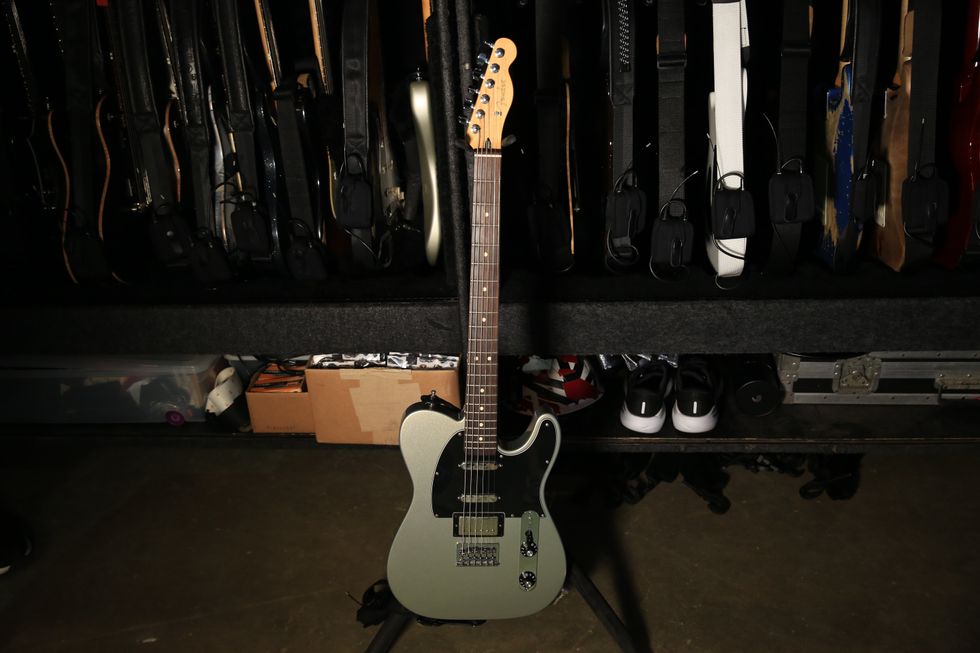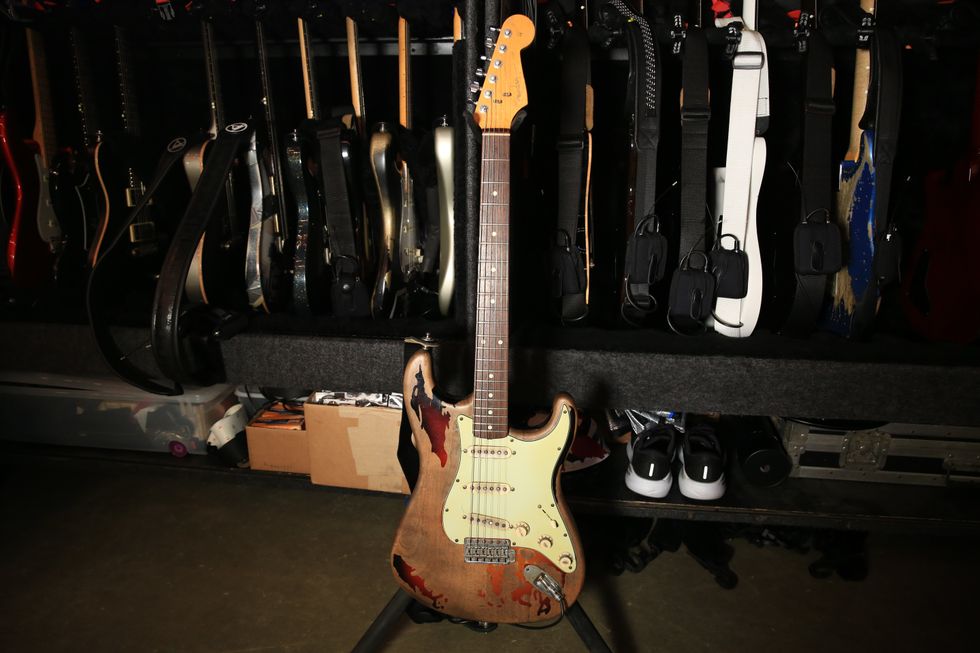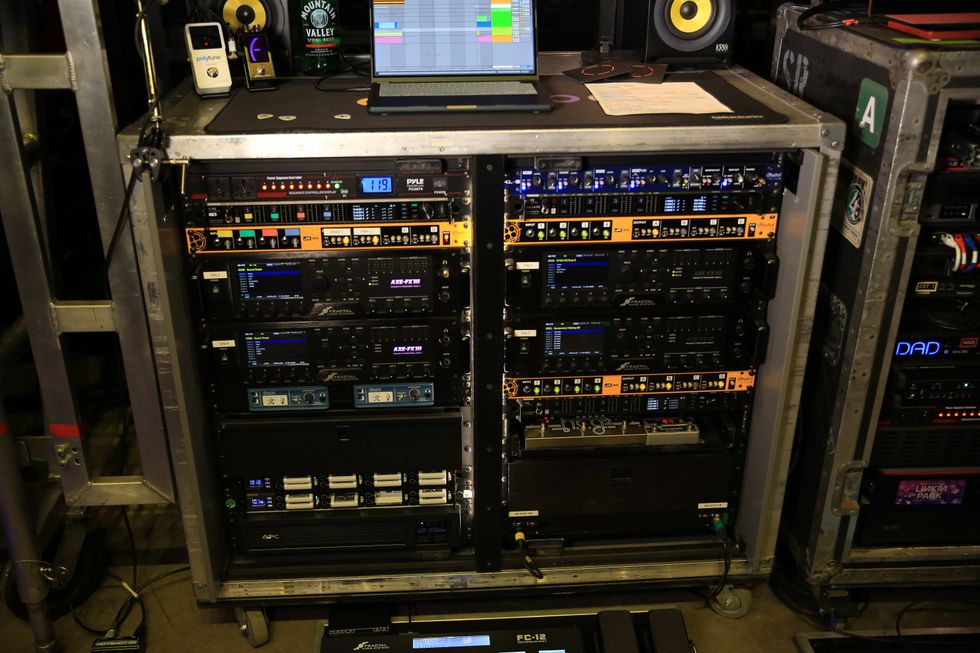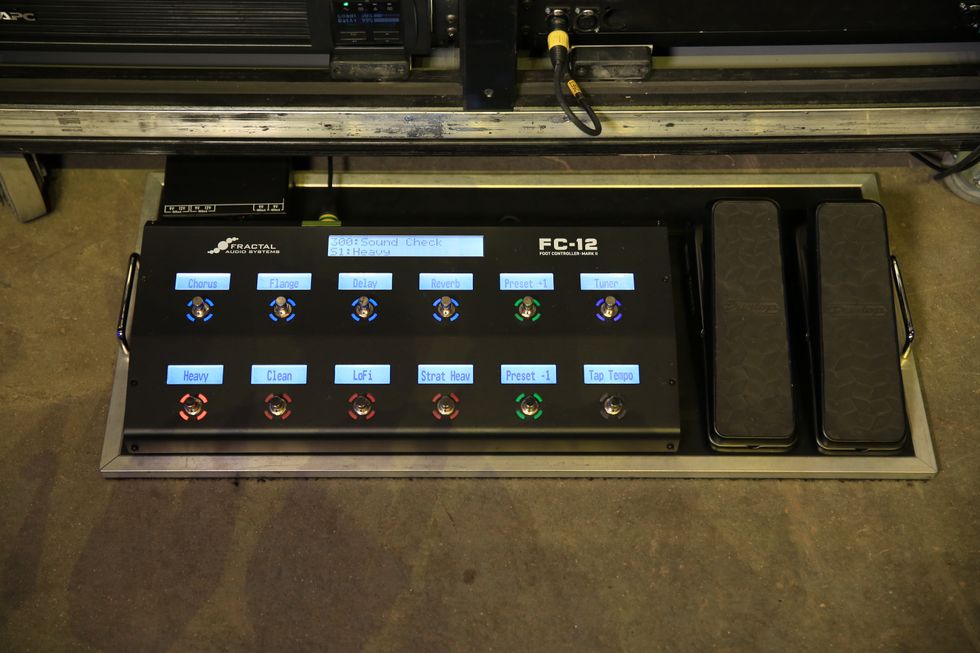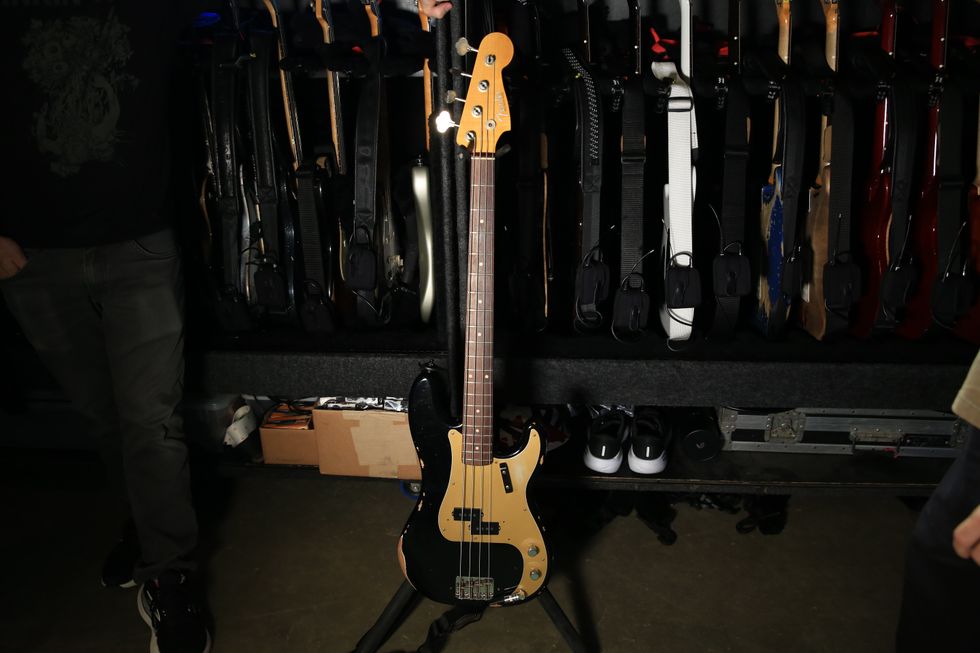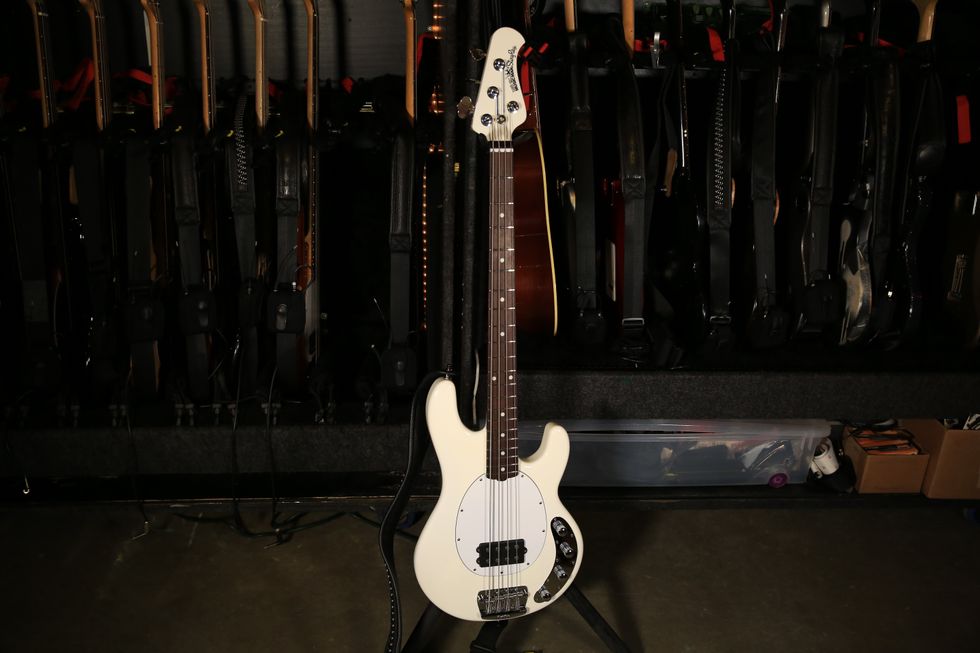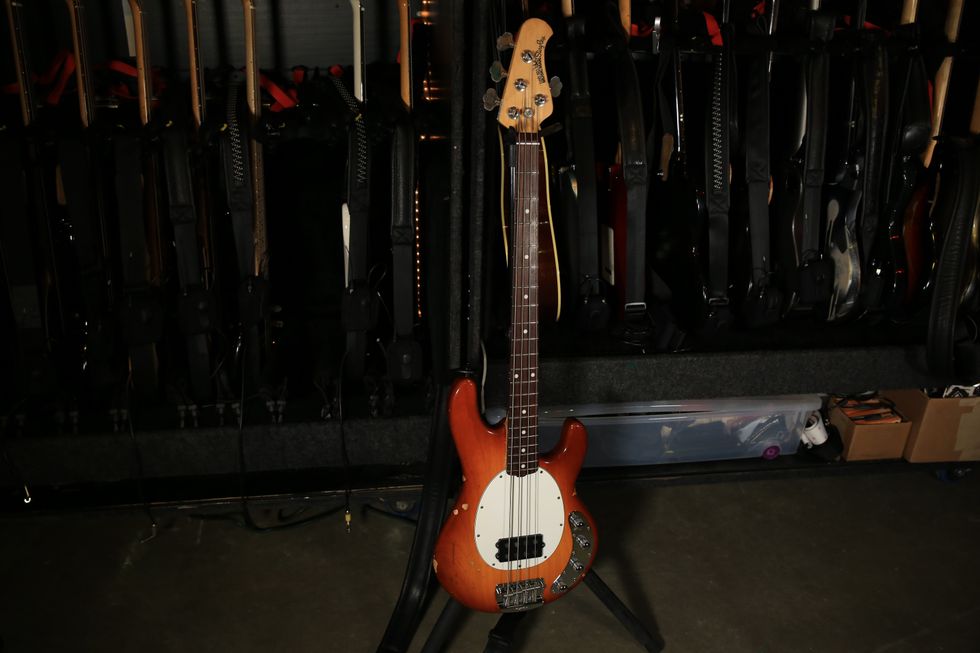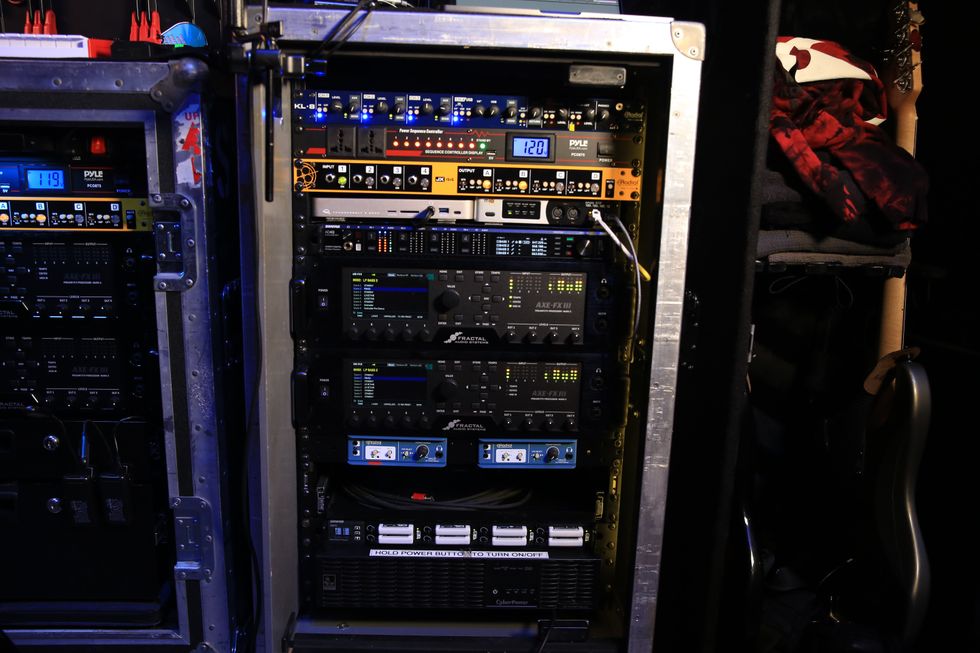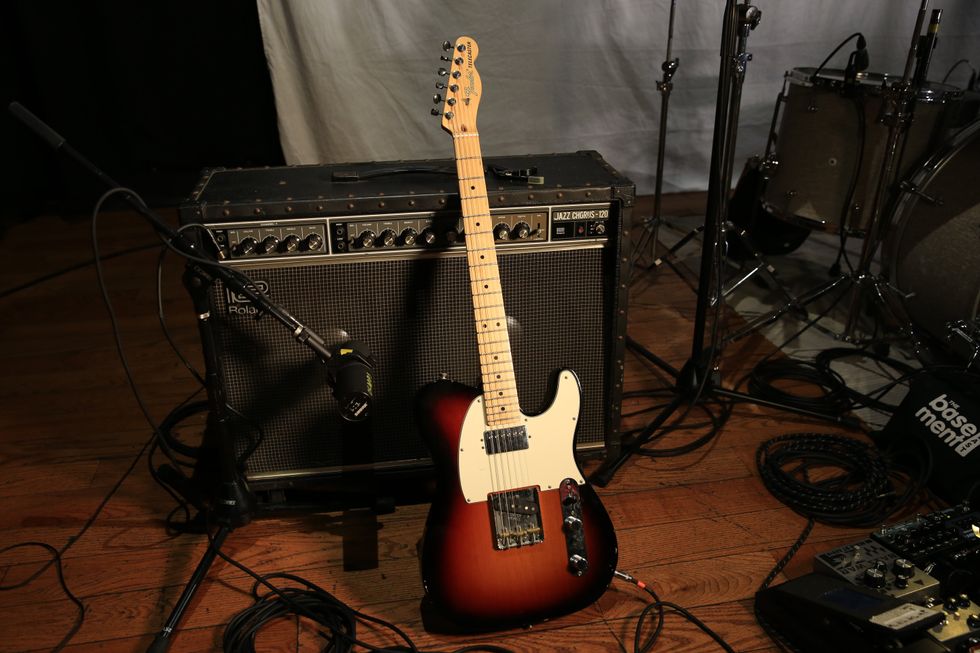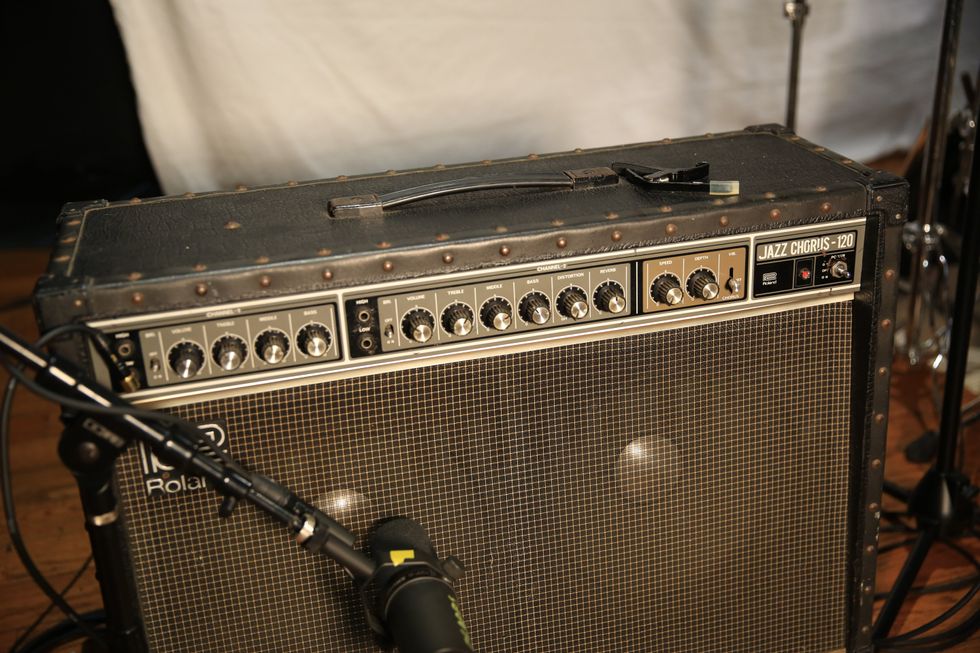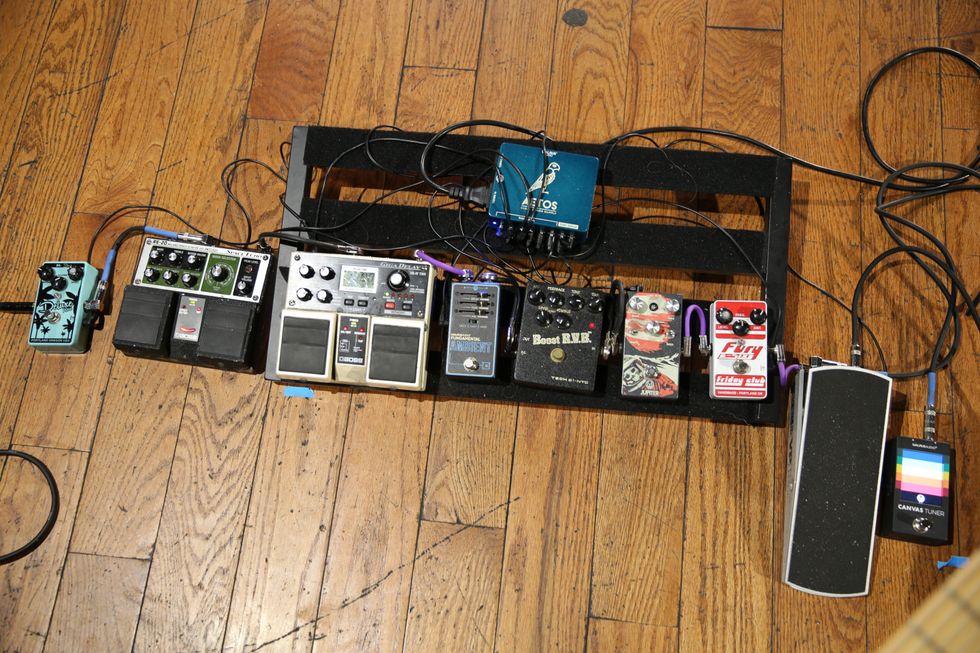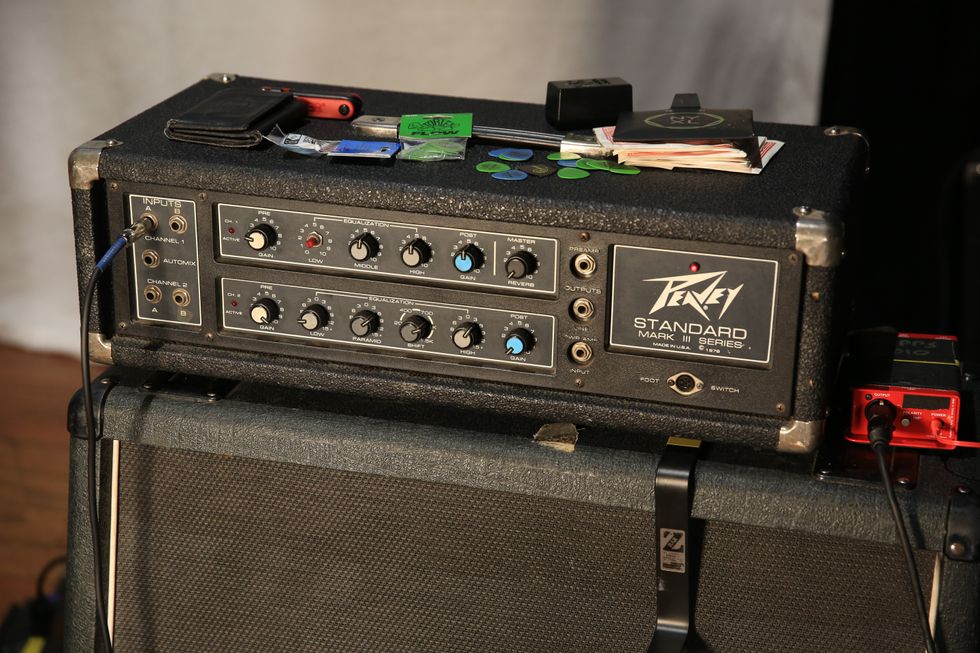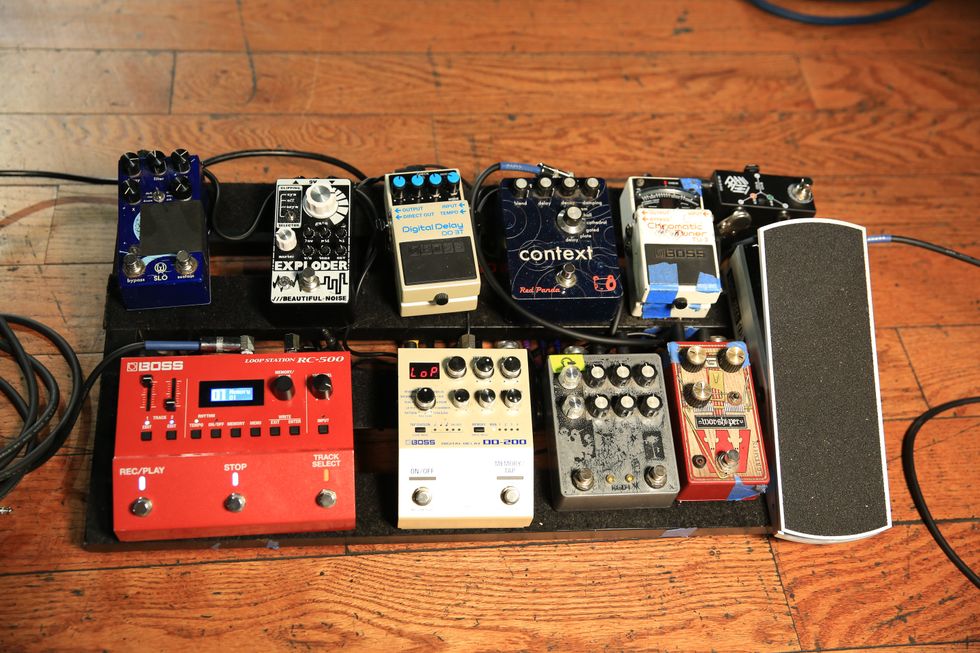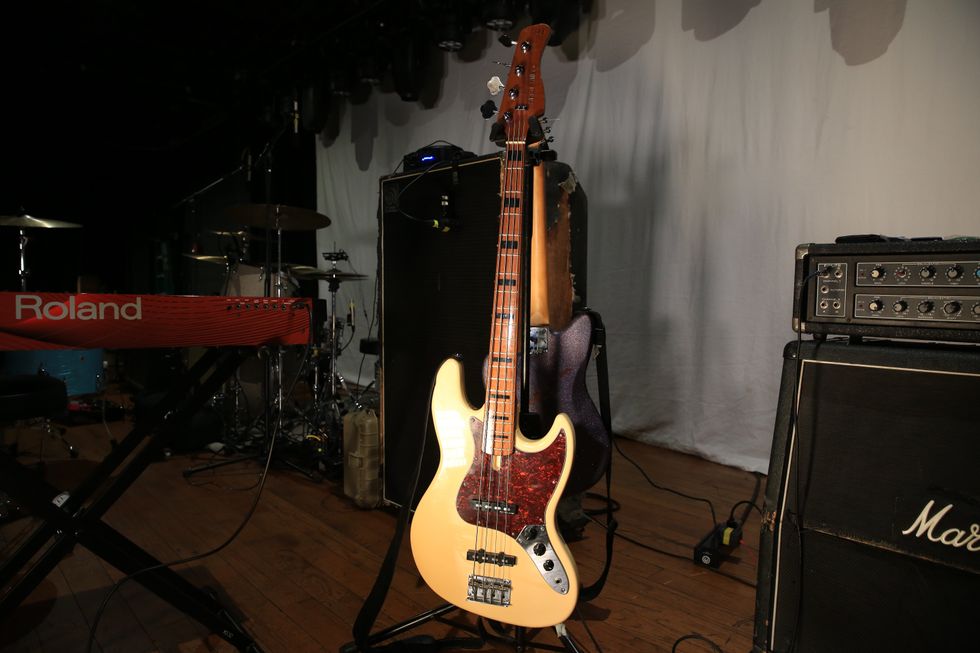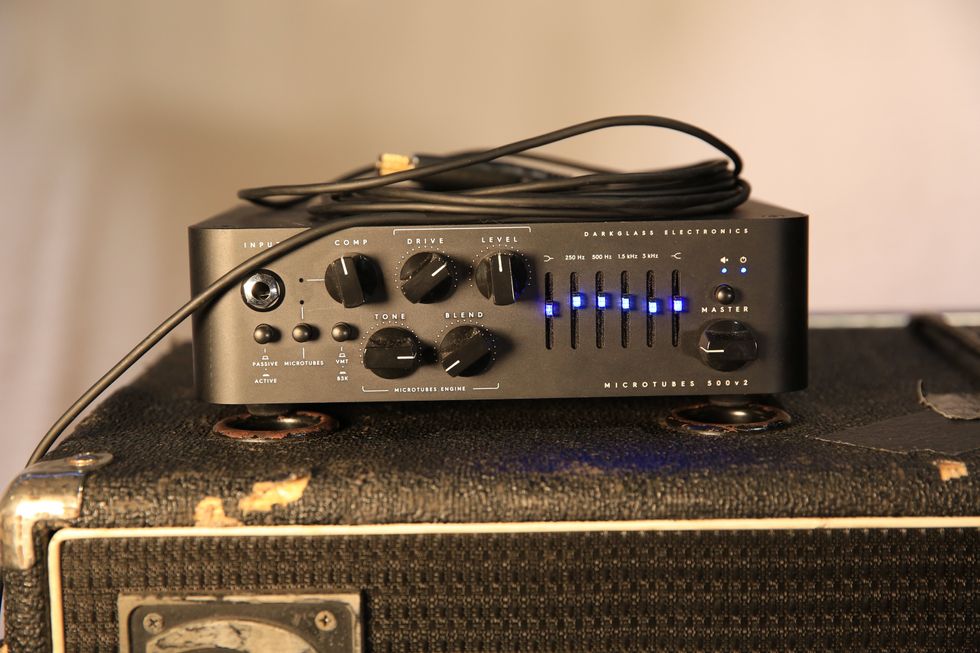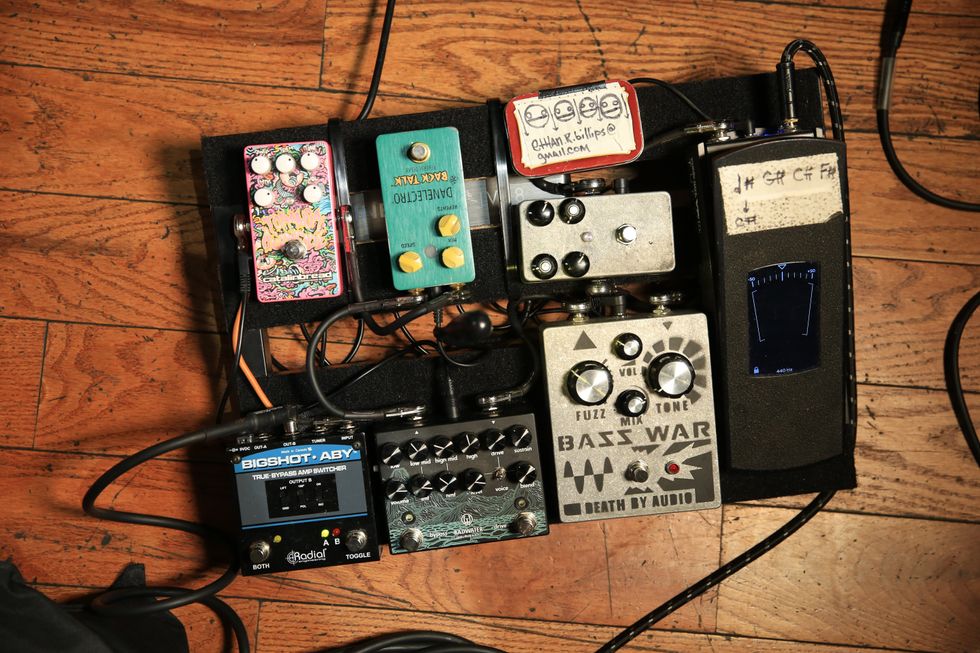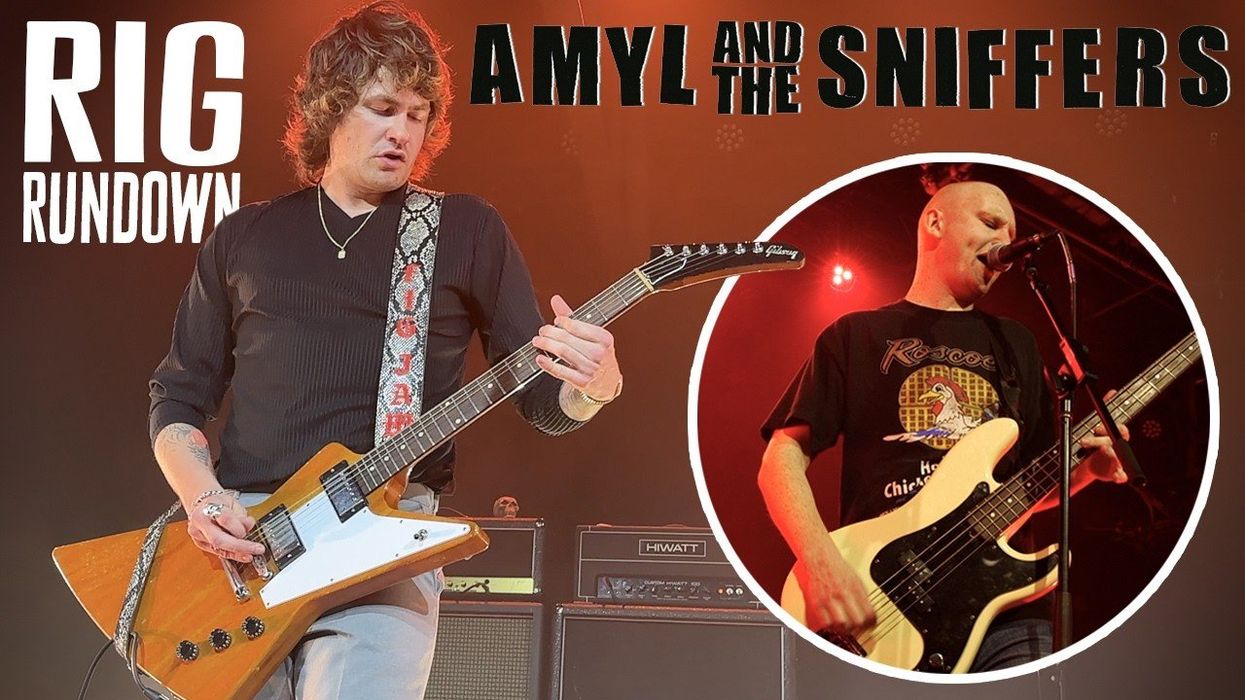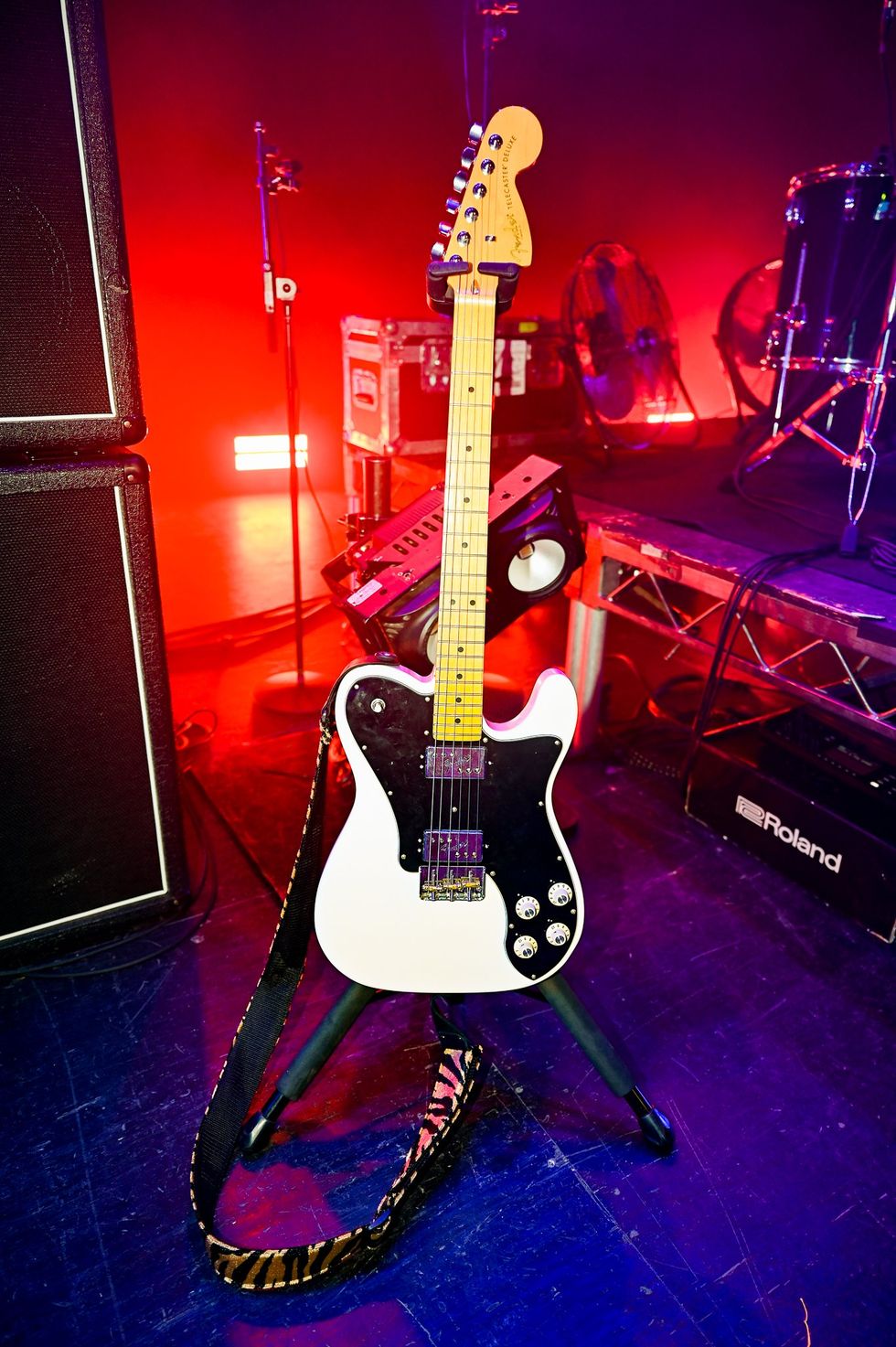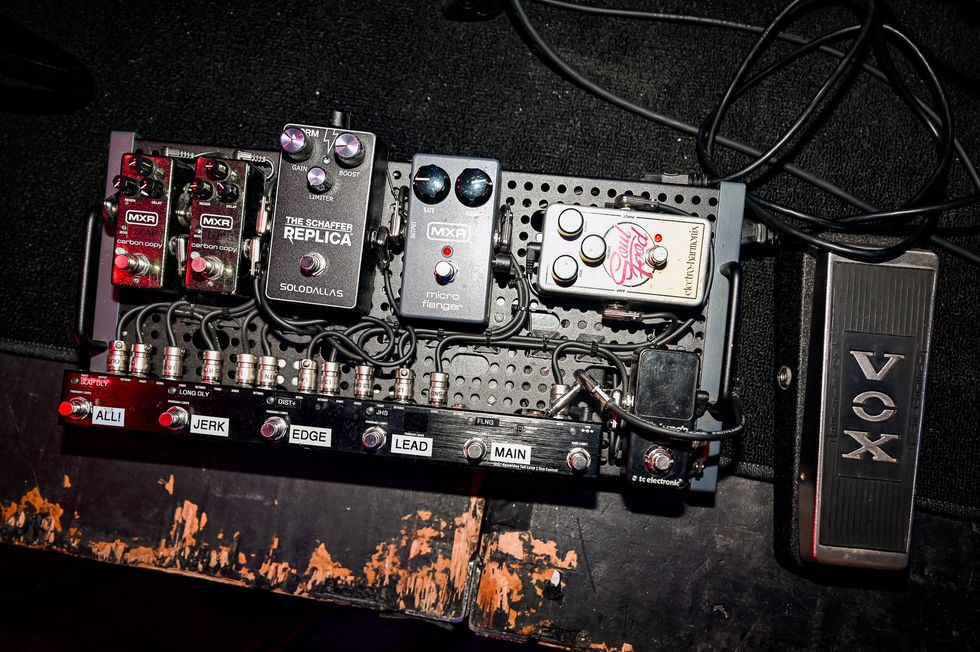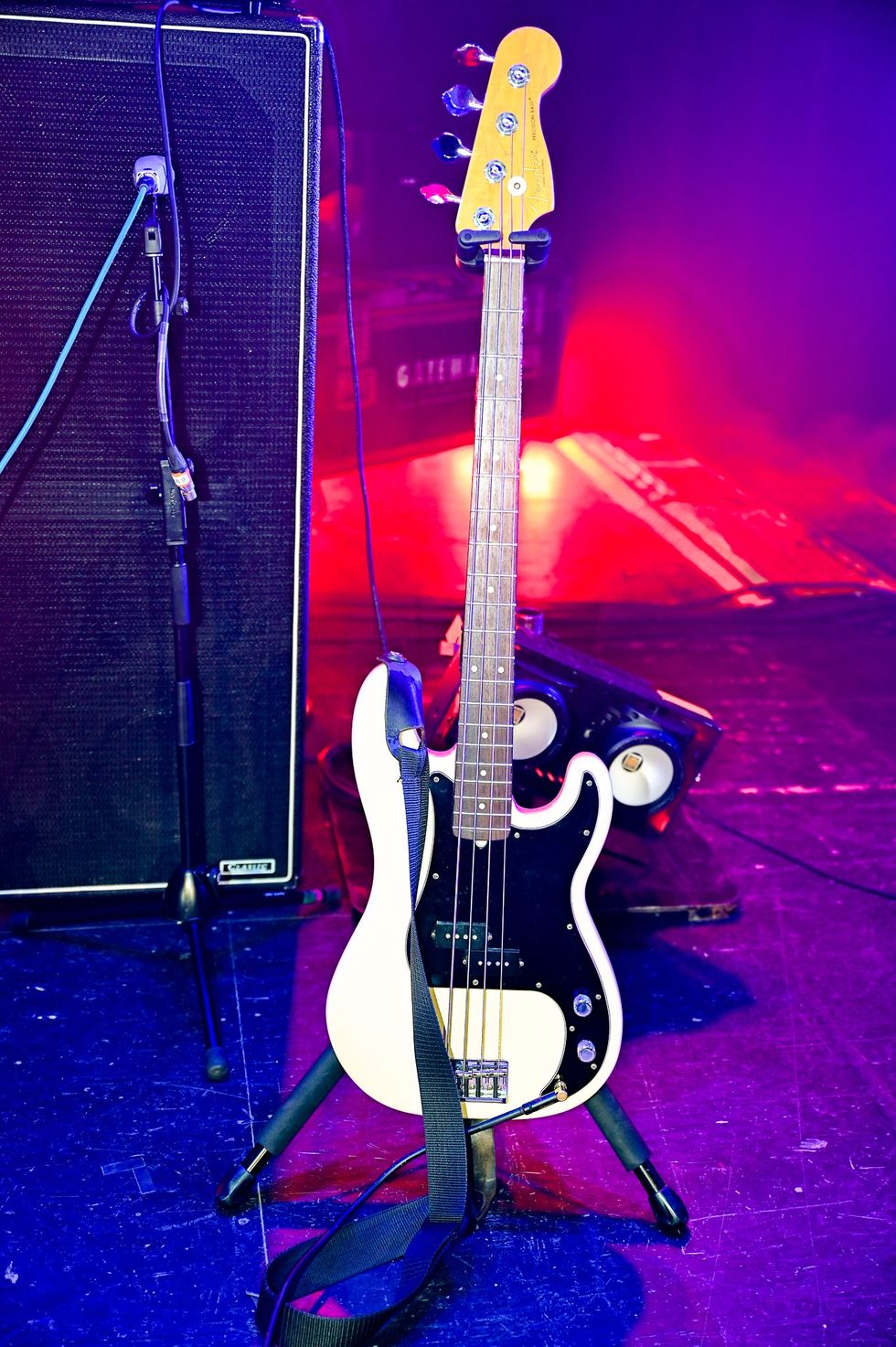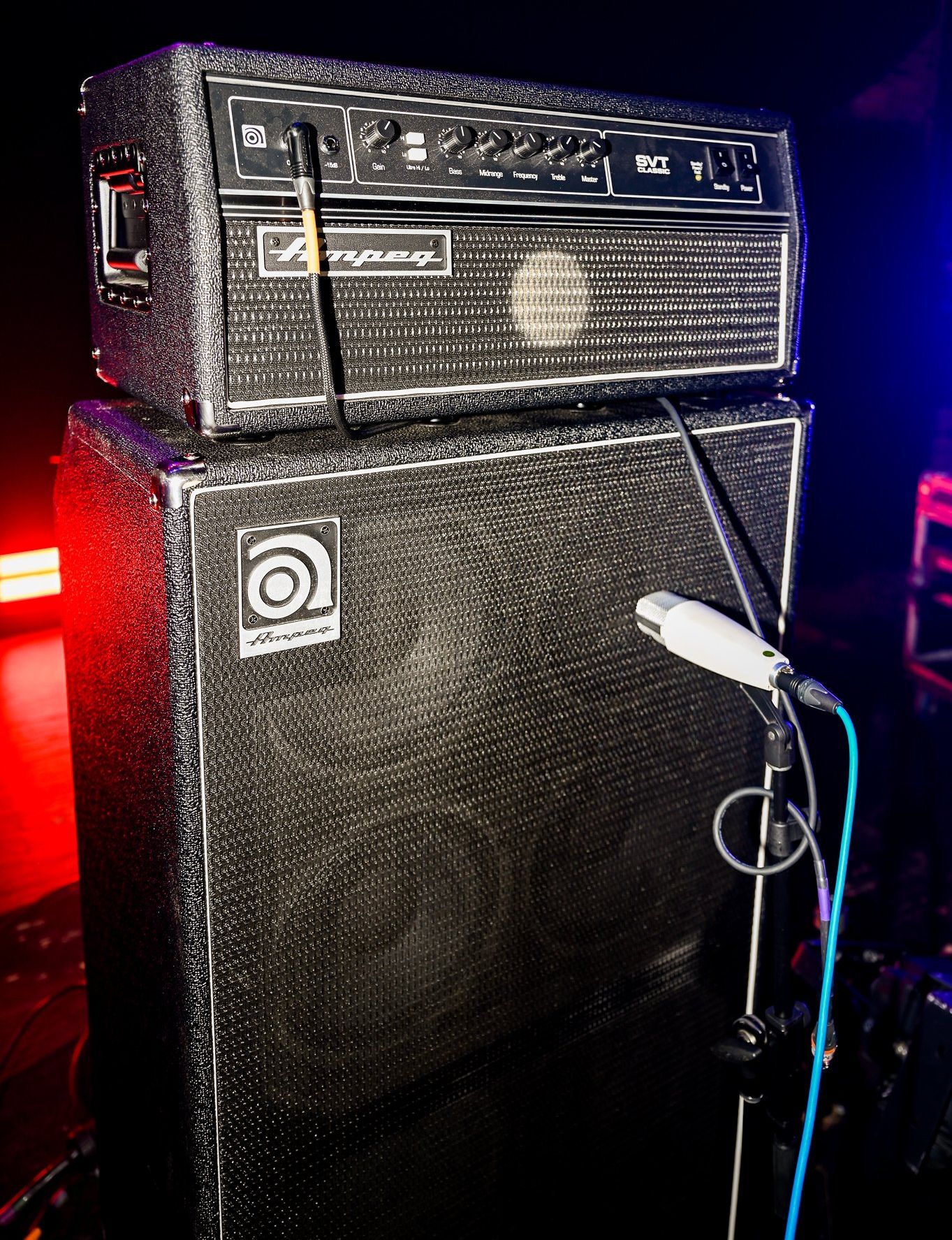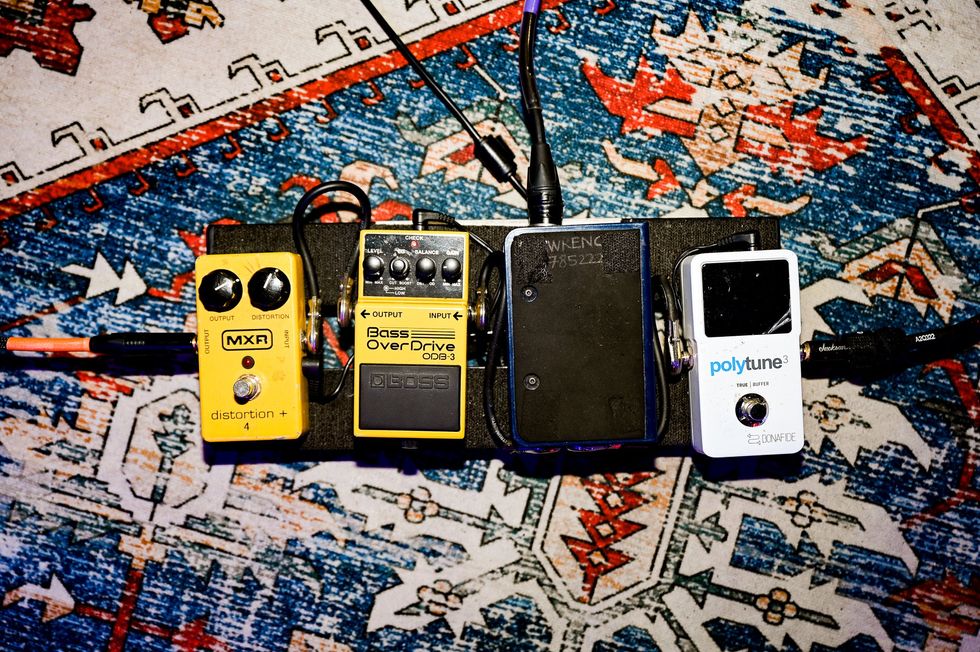When Dusty Hill passed away on July 28, 2021, the world lost an icon of American music. It's hard to encapsulate the enormity of ZZ Top's impact on the canon of American rock music, but there's a moment in the 2019 Banger Films documentary, ZZ Top: That Little Ol' Band from Texas, where the band's early producer, Robin Brians, perhaps puts it best: "ZZ Top plays the blues, but they don't sing the blues. They turned blues into party music."
The magnitude of that singular act can be traced directly to bands like Van Halen, the Anglo-American versions of Whitesnake, and countless others—that's how deeply embedded in popular music ZZ Top's influence has become. Not only are they quite possibly Texas's most successful musical export—with more than 50 million records sold worldwide and more than 50 years as a band—they are one of America's, too.
ZZ Top - Sleeping Bag (Official Music Video)
Hill's role in ZZ Top has always been understated and underrated. Upon hearing the news of his untimely passing yesterday, a colleague asked if I'd ever met him, to which I replied, "Only through his bass lines." Though I never got to interview him personally, there's an intimacy in learning someone else's music and bass parts. Dusty's Texas groove was undeniably delicious, and an exercise in restraint. It's tempting to want to overplay, but his bass lines represent a masterclass in the age-old musical mantra, "less is more." His performances are seemingly simplistic, but copping his indelible feel is another matter entirely. His deep-pocketed, hard-hitting grooves on now-classic tunes like "La Grange," "Tush," "Cheap Sunglasses," and "Tube Snake Boogie," were based on a simple, yet effective strategy.
"Sometimes you don't even notice the bass," he said in a 2016 article by Gary Graff in For Bass Players Only. "That's a compliment. That means you've filled in everything and it's right for the song, and you're not standing out where you don't need to be." Ultimately, his spin on the blues, and attitude about bass, created the perfect foil for Billy Gibbons' masterful guitar playing and Frank Beard's rock-infused Texas Shuffle.
Born Joseph Michael Hill on May 19, 1949, in Dallas, Texas, Dusty grew up a self-professed Elvis Presley fanatic. He retells the story of his musical origins in the Banger documentary, recalling that he got into music by singing along to an Elvis record his mother brought home from the diner where she worked. When he was 8 years old, he decided to sing a song in public, at a restaurant presumably, which resulted in the patrons at a nearby table giving him change. That was it—he got money in exchange for singing and essentially never looked back. He played cello for a bit in high school but switched to bass at the behest of his older, guitar-playing brother, Rocky Hill, who decided that their band, in which Dusty was solely a vocalist at the time, needed a bassist. And so, from 1966 to 1968, along with future ZZ Top drummer Frank Beard, the Hill brothers played locally in Dallas with the Warlocks, the Cellar Dwellers, and American Blues.
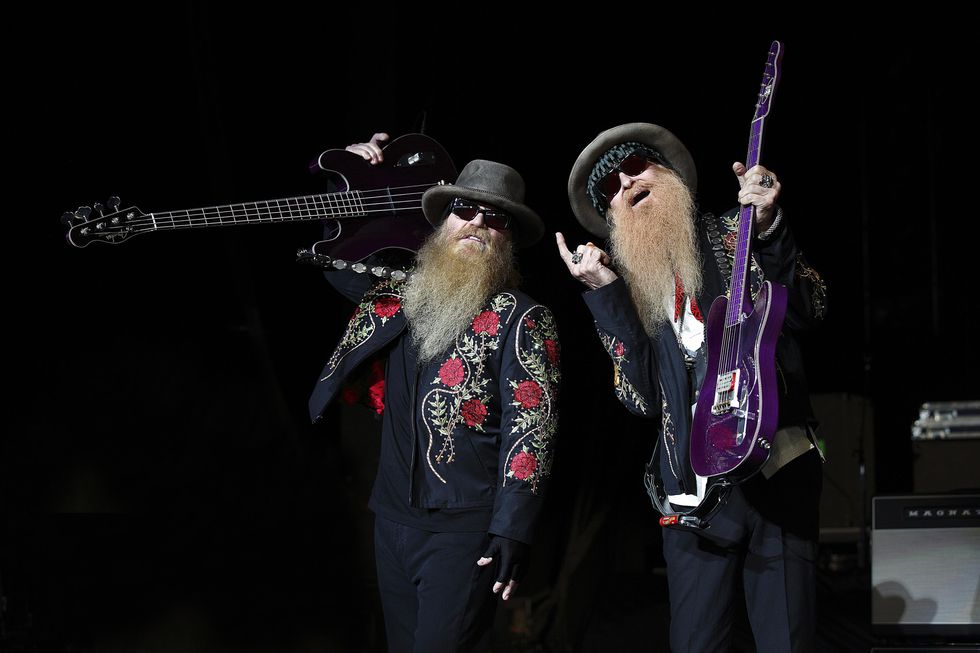
ZZ Top's bassist Dusty Hill and guitarist Billy F. Gibbons played together for 52 years. Atop Hill's shoulder is his main bass at the time this photo was taken in 2013: a John Bolin-built chambered slab body with a Seymour Duncan stacked P-bass pickup for Texas blues tone with a dash of nastiness.
Photo by Ken Settle
In 1968, tired of the straight blues, and wanting to embrace a bit more of the British Invasion-style rock music that was infiltrating America at the time, Dusty and Beard moved to Houston, where they subsequently teamed up with guitarist/vocalist Billy Gibbons of psychedelic-rockers Moving Sidewalks. Together, the trio took their combined Freddie King, B.B. King, Muddy Waters, and Howlin' Wolf influences, cranked up their amps, imbued them with a rock 'n' roll attitude, and ZZ Top was born.
They released their first album, the cheeky-titled, ZZ Top's First Album, in 1971, which captured their fledgling rock-infused blues sound. But it was their third album, Tres Hombres, released in 1973, featuring the songs, "La Grange," "Waitin' for the Bus," and "Jesus Just Left Chicago," that cemented their reputation as innovators. Perhaps it was Hill's early foundation in singing that allowed him to hone a bass skill set that embodies the instrument's most fundamental role: supporting the melody. His vocal ability, best represented on the 1975 Fandango! single, "Tush," the band's first Top 20 hit, and one of their most enduring songs, seems to have placed emphasis on indelible feel, rather than technical prowess. He used that same approach when playing bass. Check out any of the aforementioned tunes for a sample of his nasty grooves and dynamic tone. What he's playing may seem simple, but try to capture that feel. That's not something you just pick up. That comes from being steeped in a particular lifestyle and culture, comprised primarily of incessant touring, and growing up provincially, in Texas.
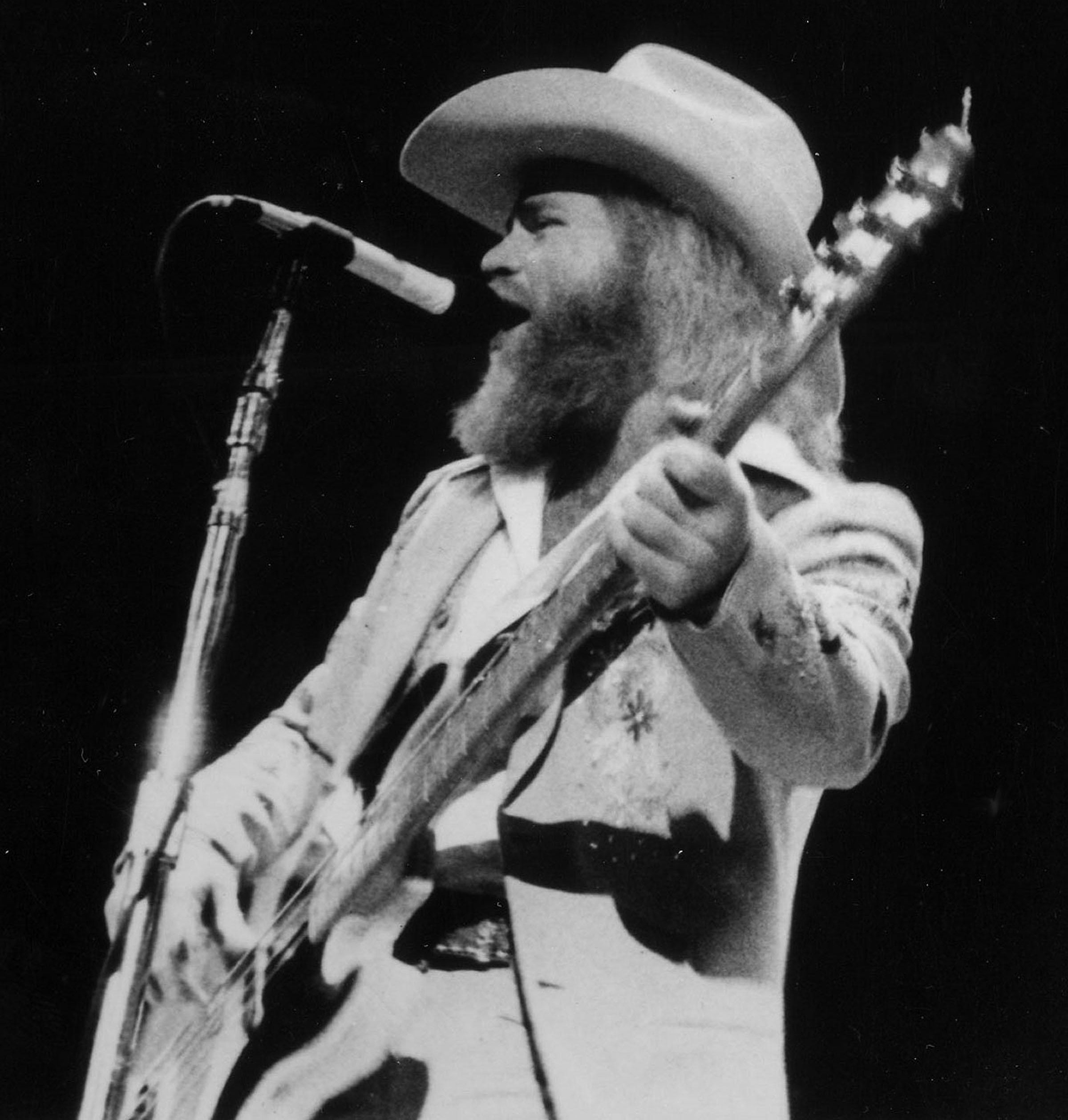
Dusty Hill circa 1975 playing the cornerstone of his sound: a vintage 1970s Fender P bass he bought in a Dallas pawnshop.
Photo by Phil McAuliffe / Frank White Photo Agency
ZZ Top had a successful '70s run before taking a three-year hiatus and reemerging in the early '80s with long beards and new records into a burgeoning, yet welcoming, MTV music-video era. If Tres Hombres put them on the map as musical innovators in 1973, it was 1983's Eliminator that turned them into cultural icons a decade later. Though the production was chastised by blues purists for having synthesizers and drum machines, the band's authentic blues roots still undergird the material, and tunes like "Legs," "Sharp Dressed Man," and "Gimme All Your Lovin'" solidified their place within the annals of pop culture. And, after all, as Dusty Hill says himself in the Banger documentary: "We never said we were a blues band. We are interpreters of the blues." In 2004, ZZ Top was inducted into the Rock & Roll Hall of Fame by Keith Richards of the Rolling Stones.
It appears the band will carry on with longtime guitar tech Elwood Francis taking over bass duties, as he did on July 23 at the Village Commons in New Lenox, Illinois, when Dusty was forced to sit out due to a hip injury.
YouTube It
In this 2016 performance, ZZ Top's unchanged lineup—since 1969—of bassist Dusty Hill, guitarist Billy Gibbons, and drummer Frank Beard sound just as fresh on "Gimme All Your Lovin'" as they did when it came out in 1983. Bask in Hill's on pointe vocal harmony and catch his all-fingers-on-deck bass playing around the 1:20 mark.




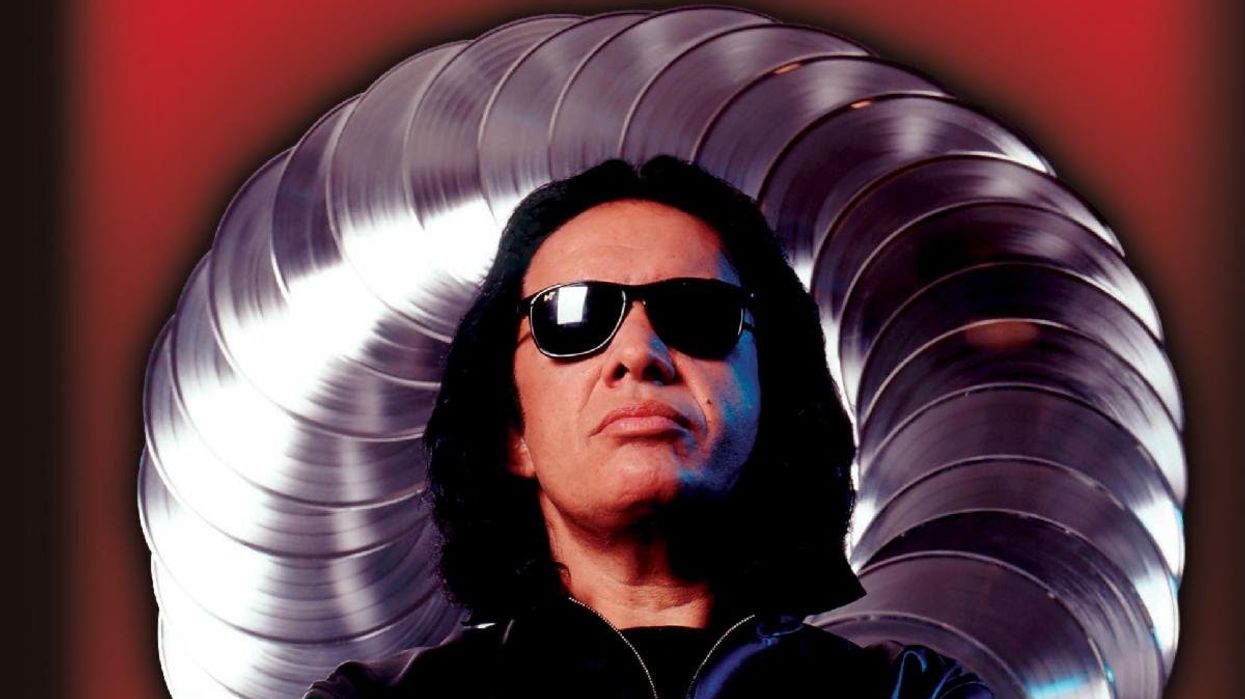
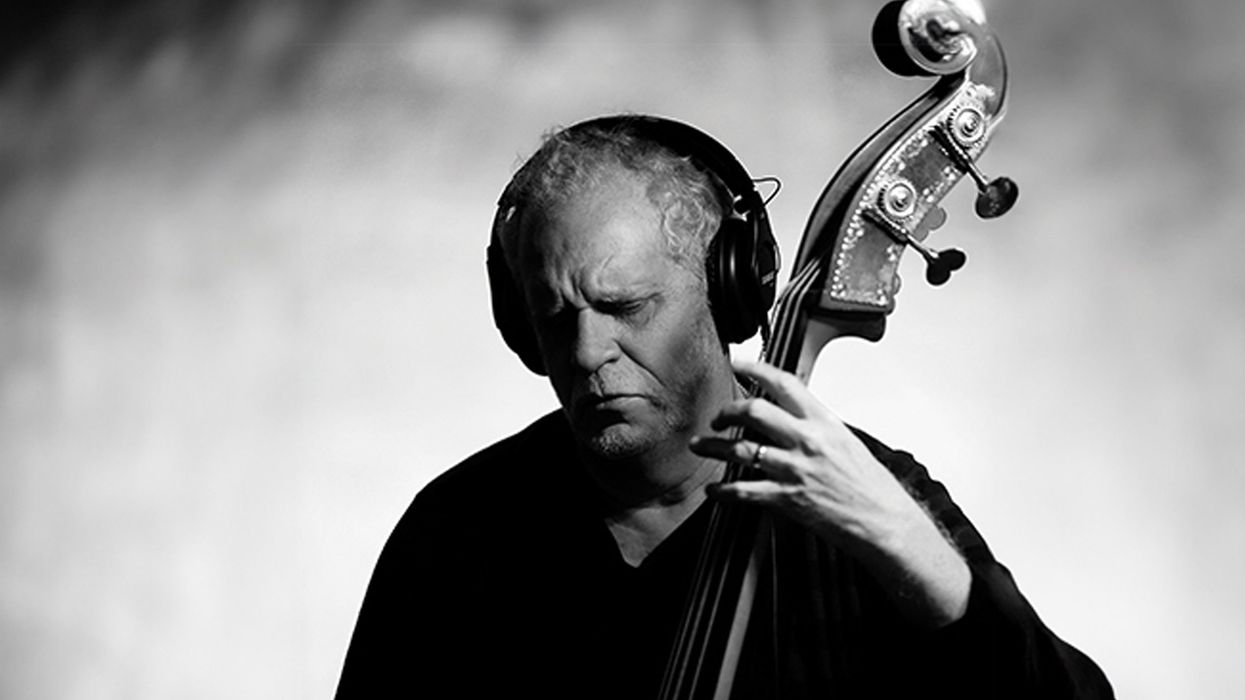

 Luis Munoz makes the catch.
Luis Munoz makes the catch.




